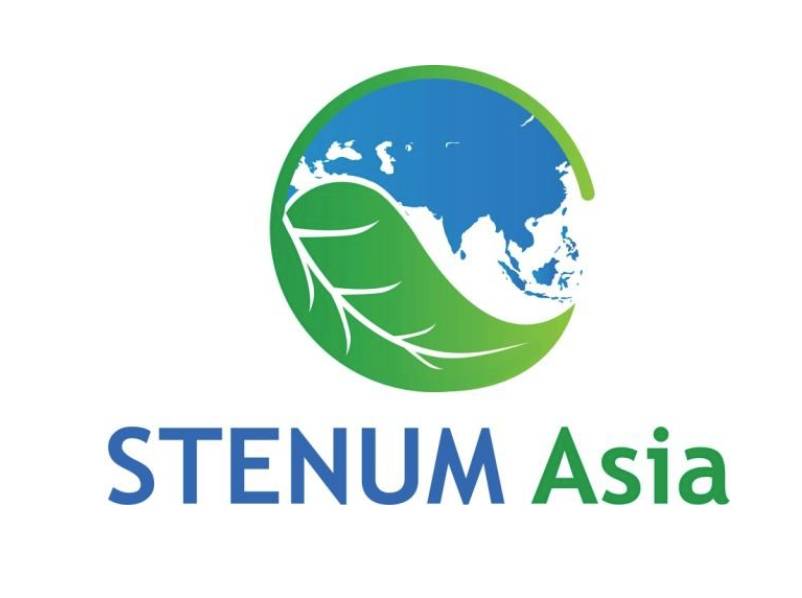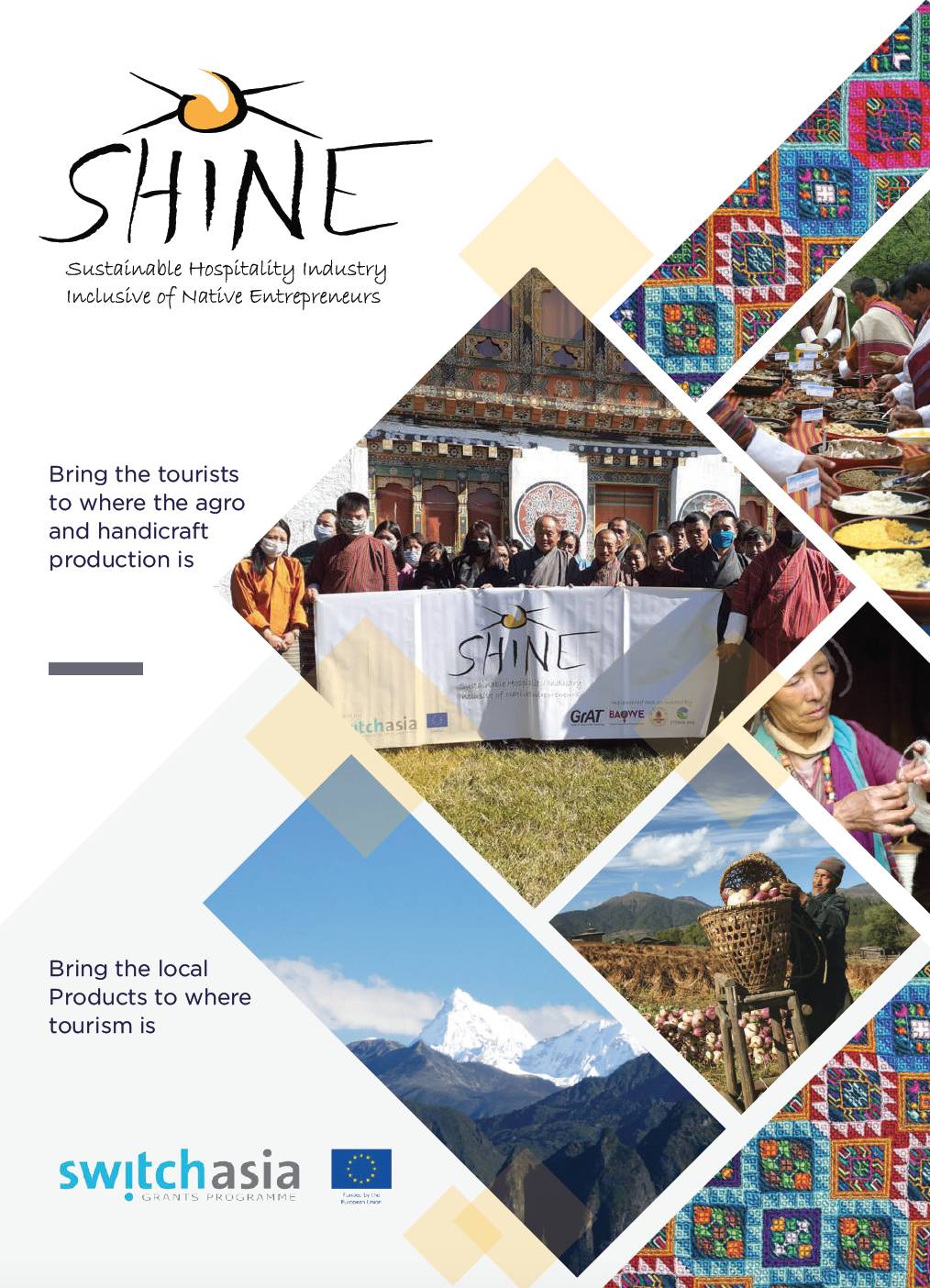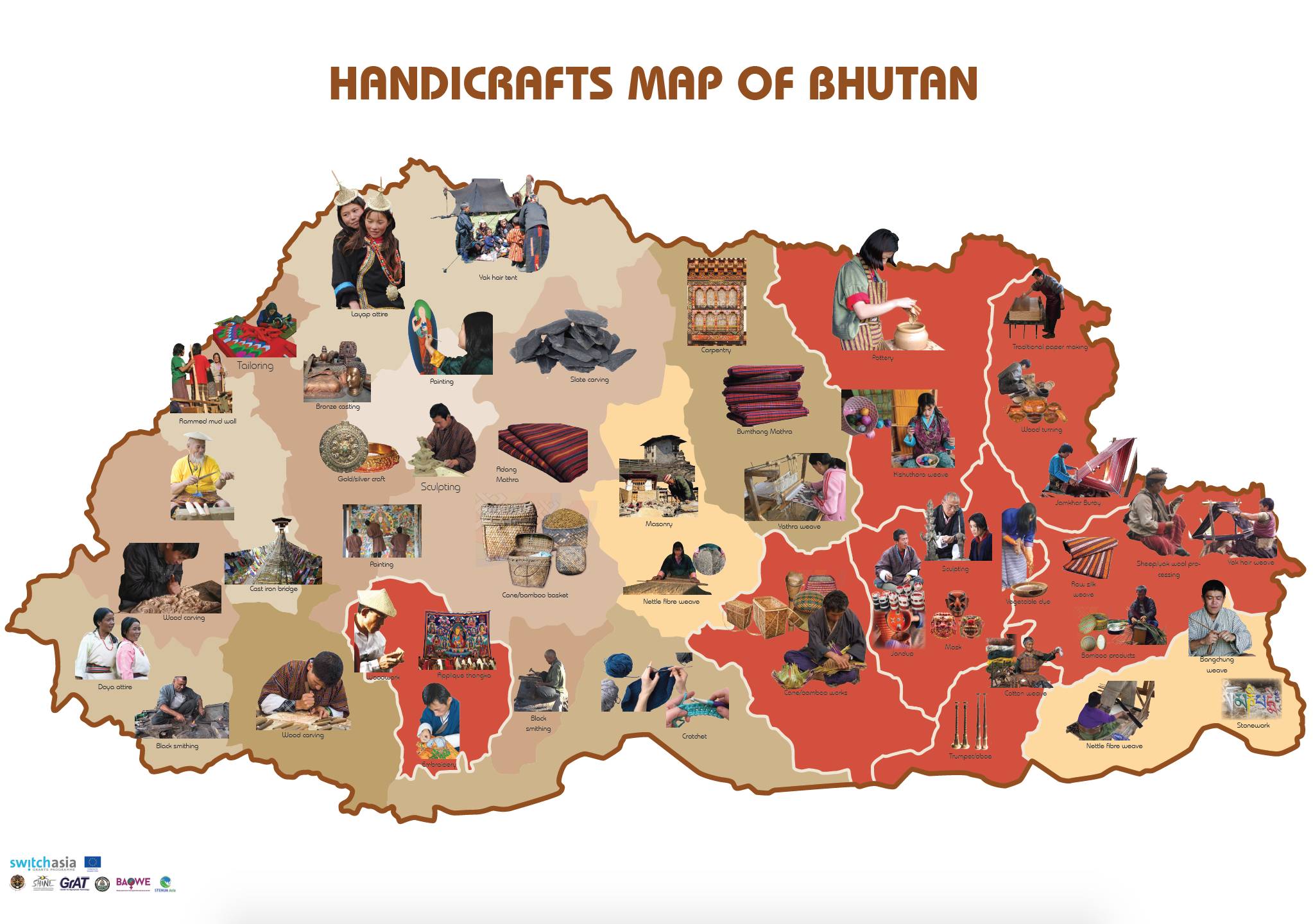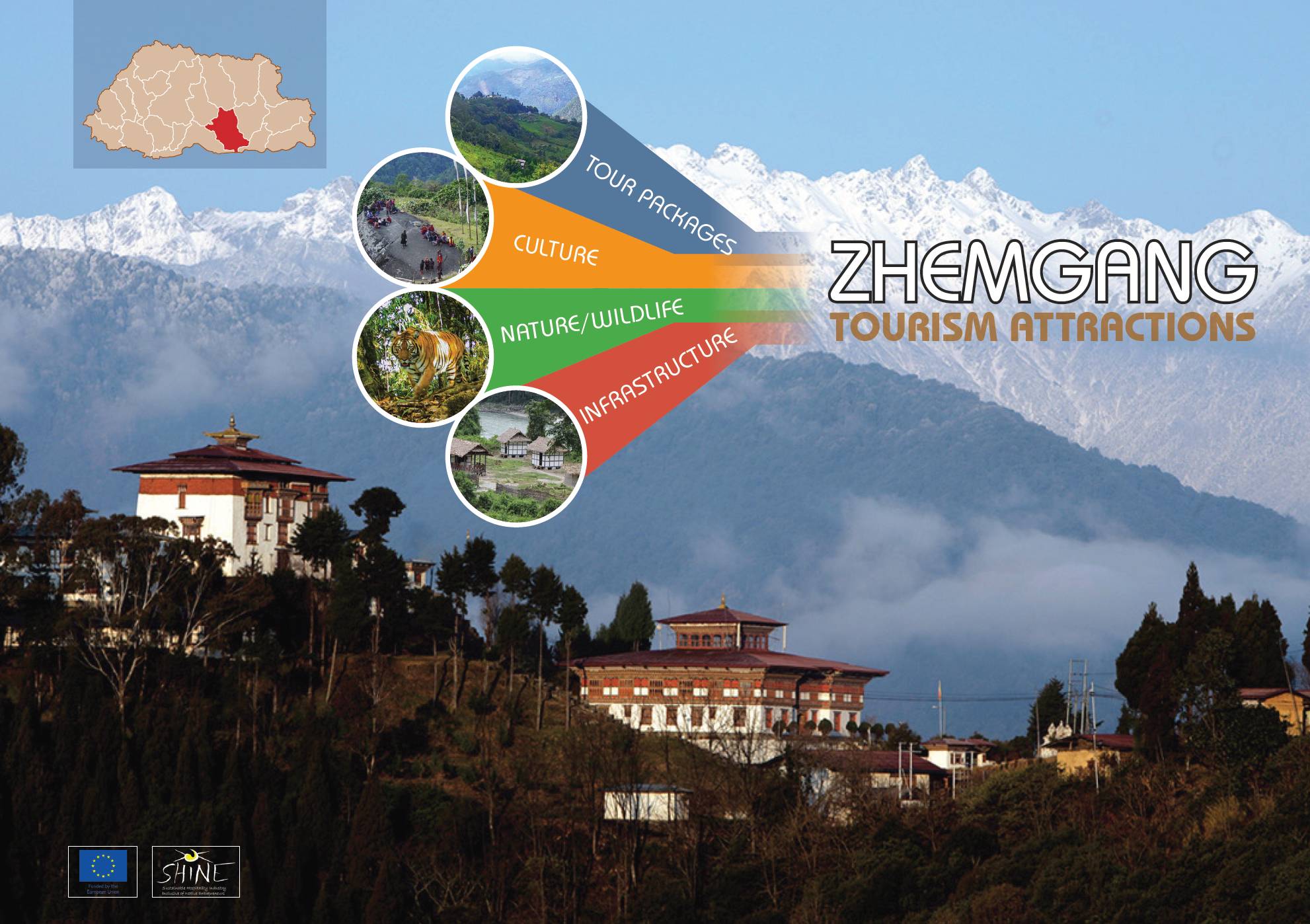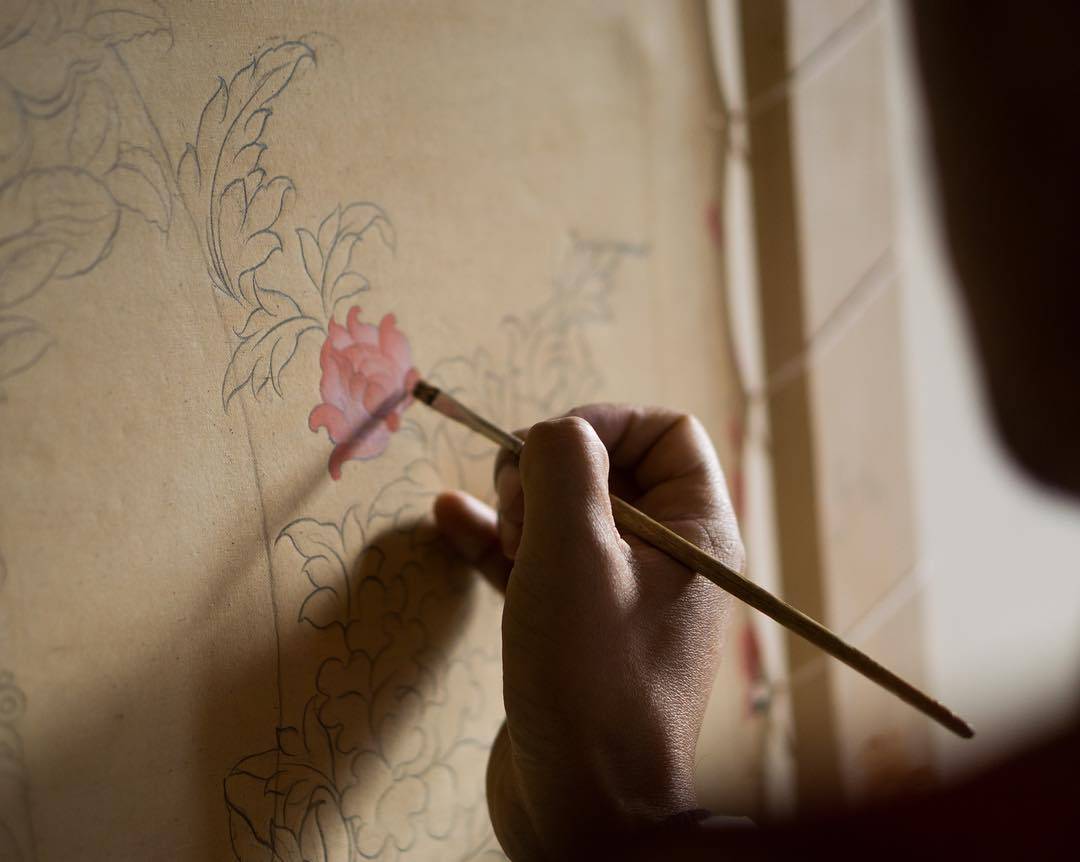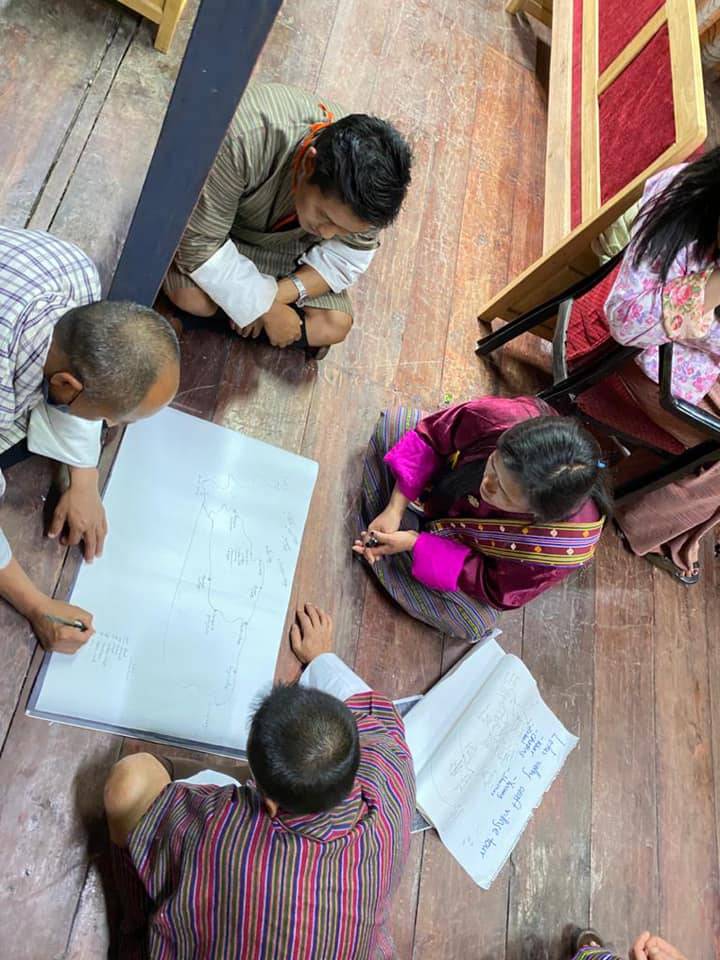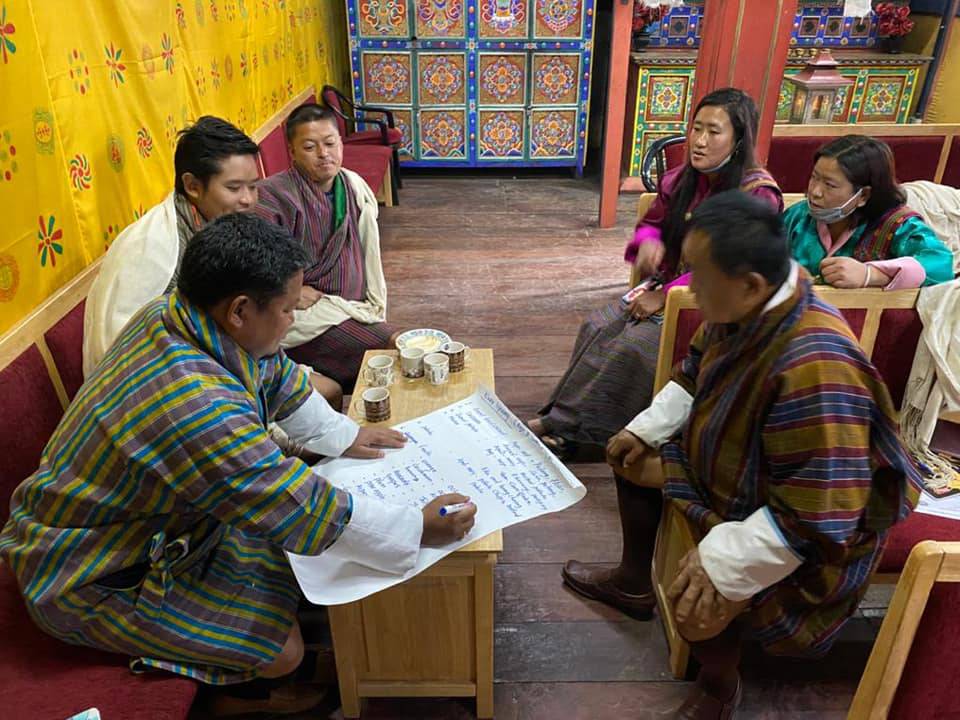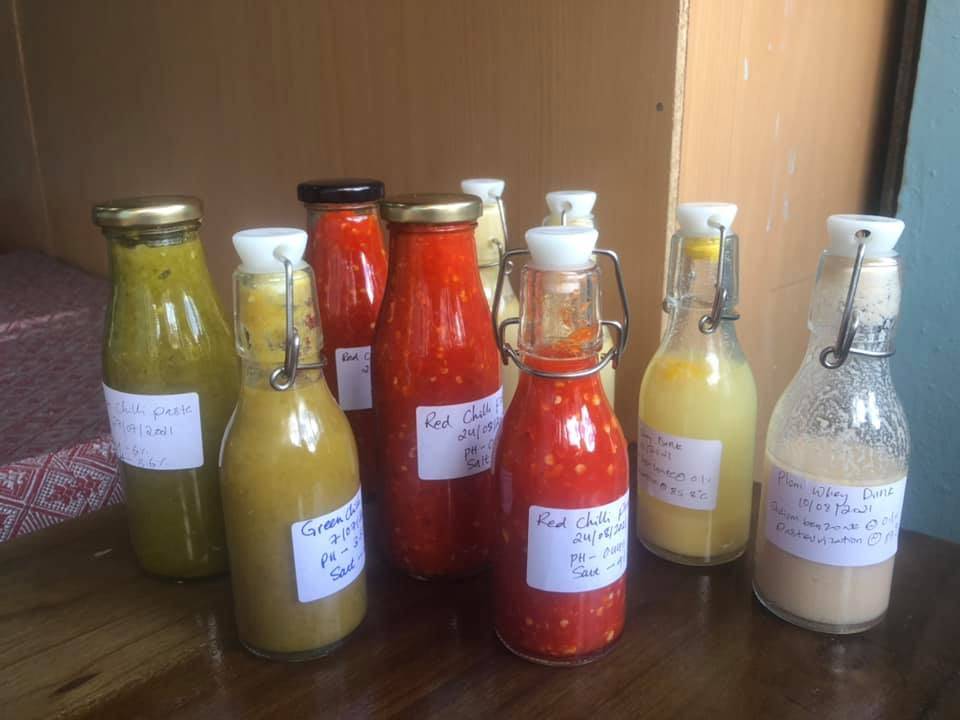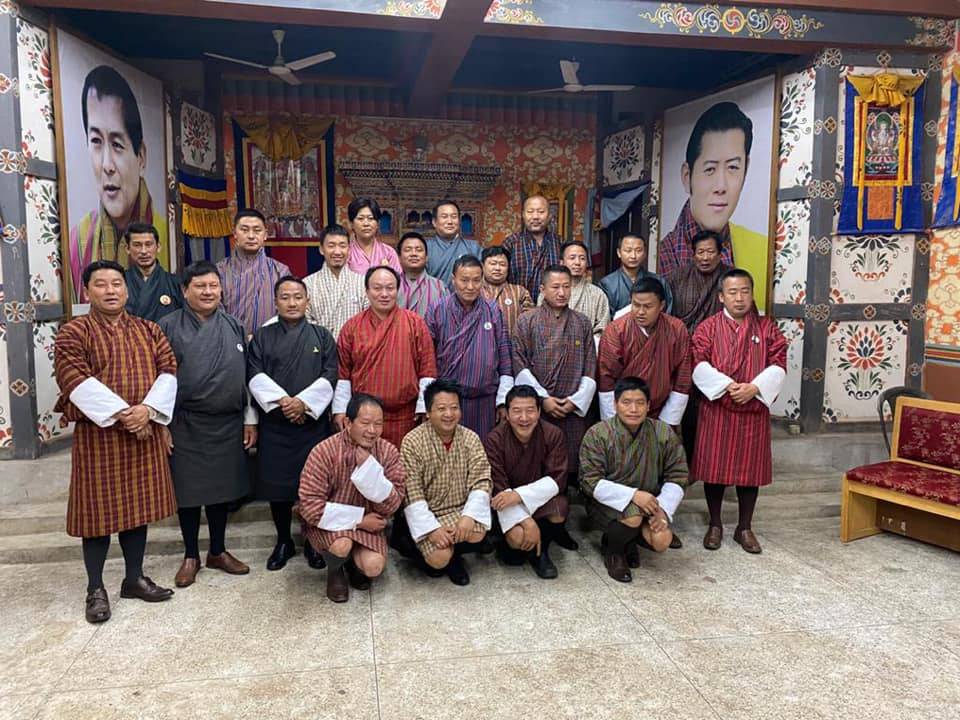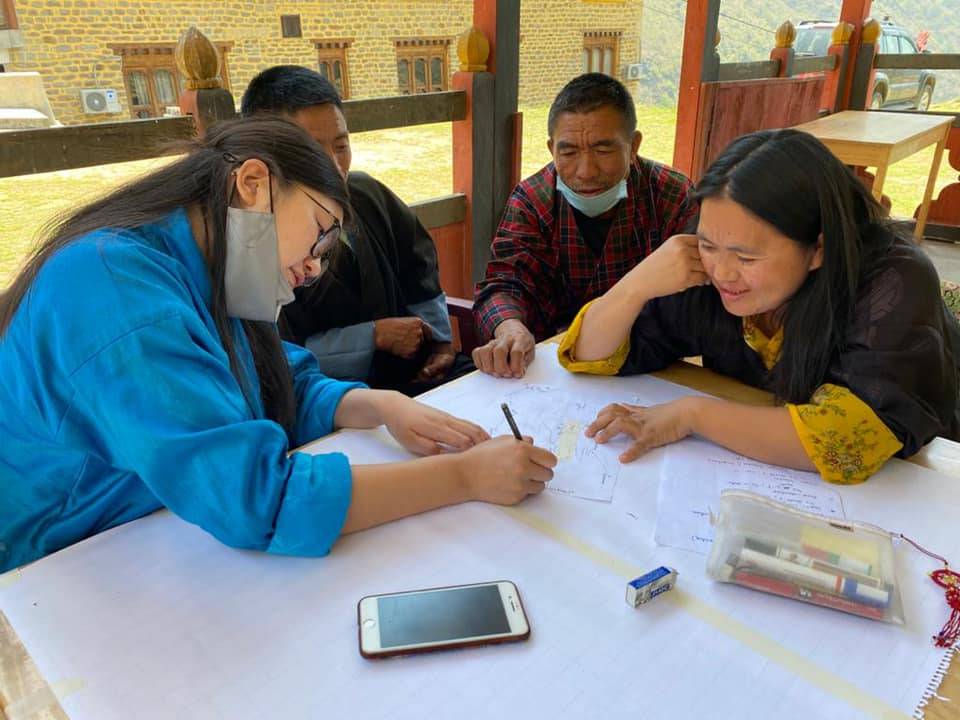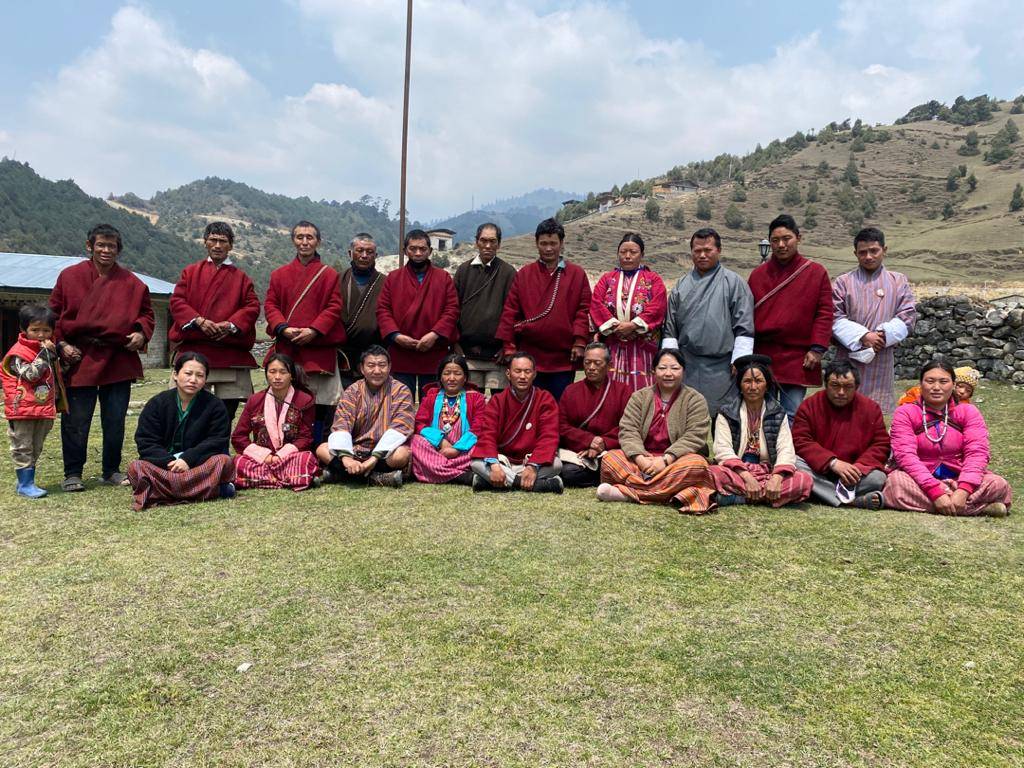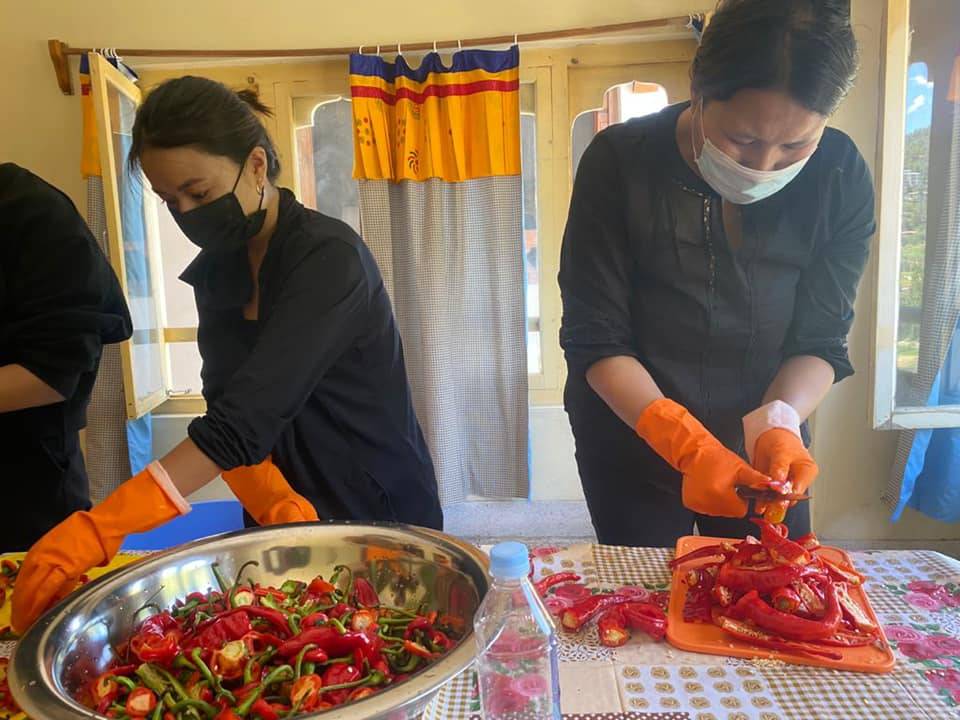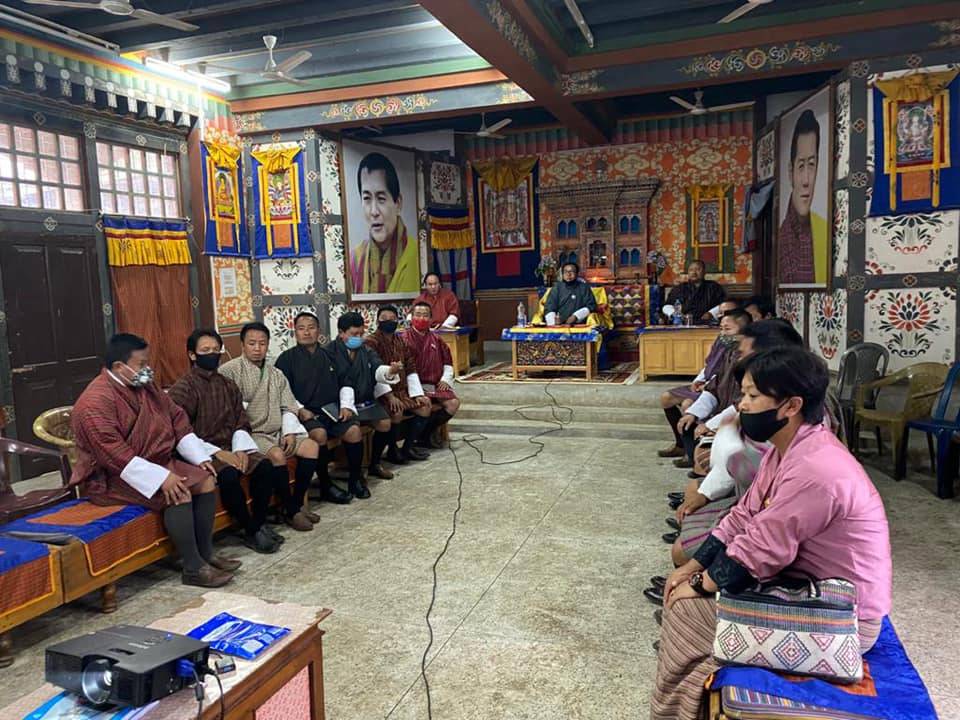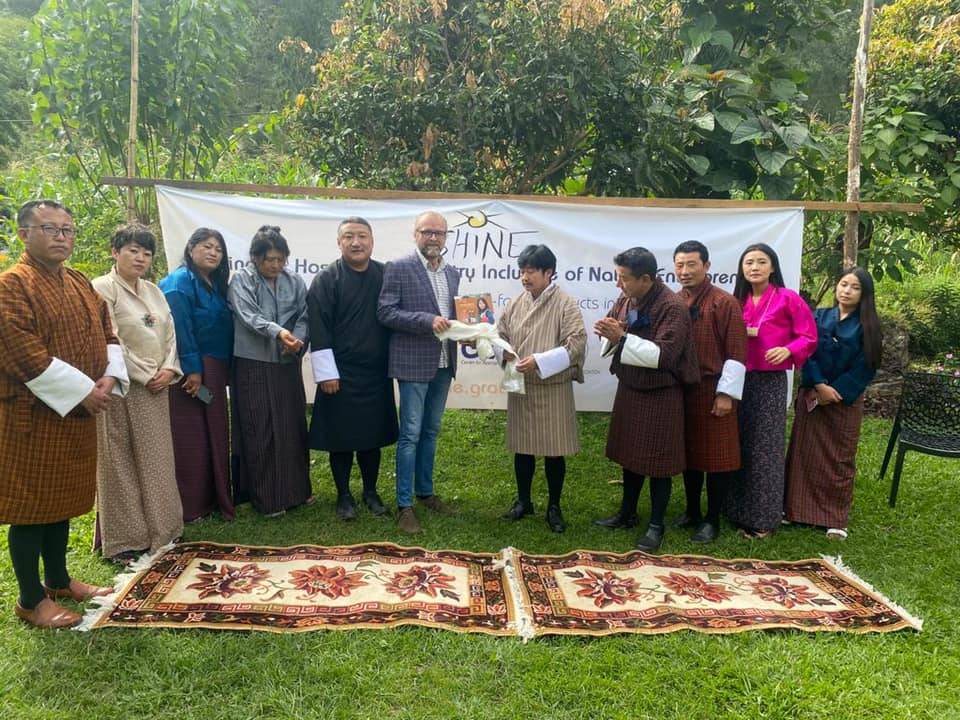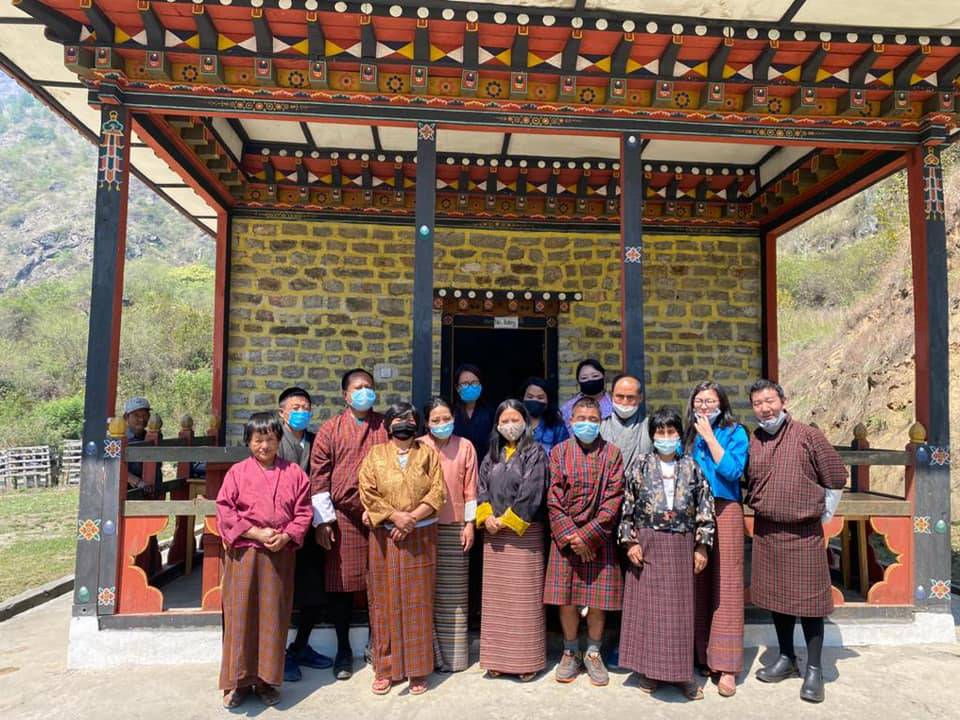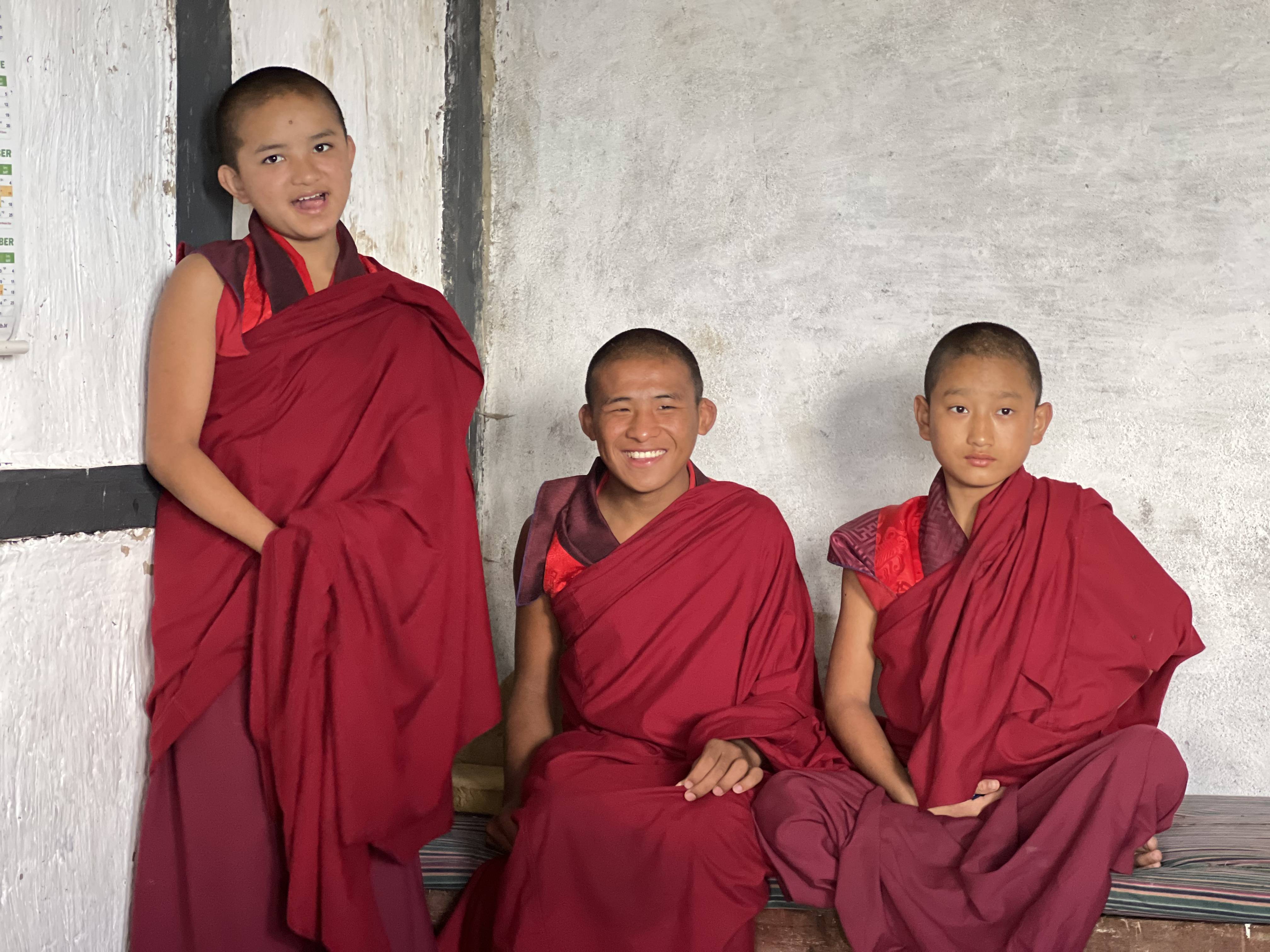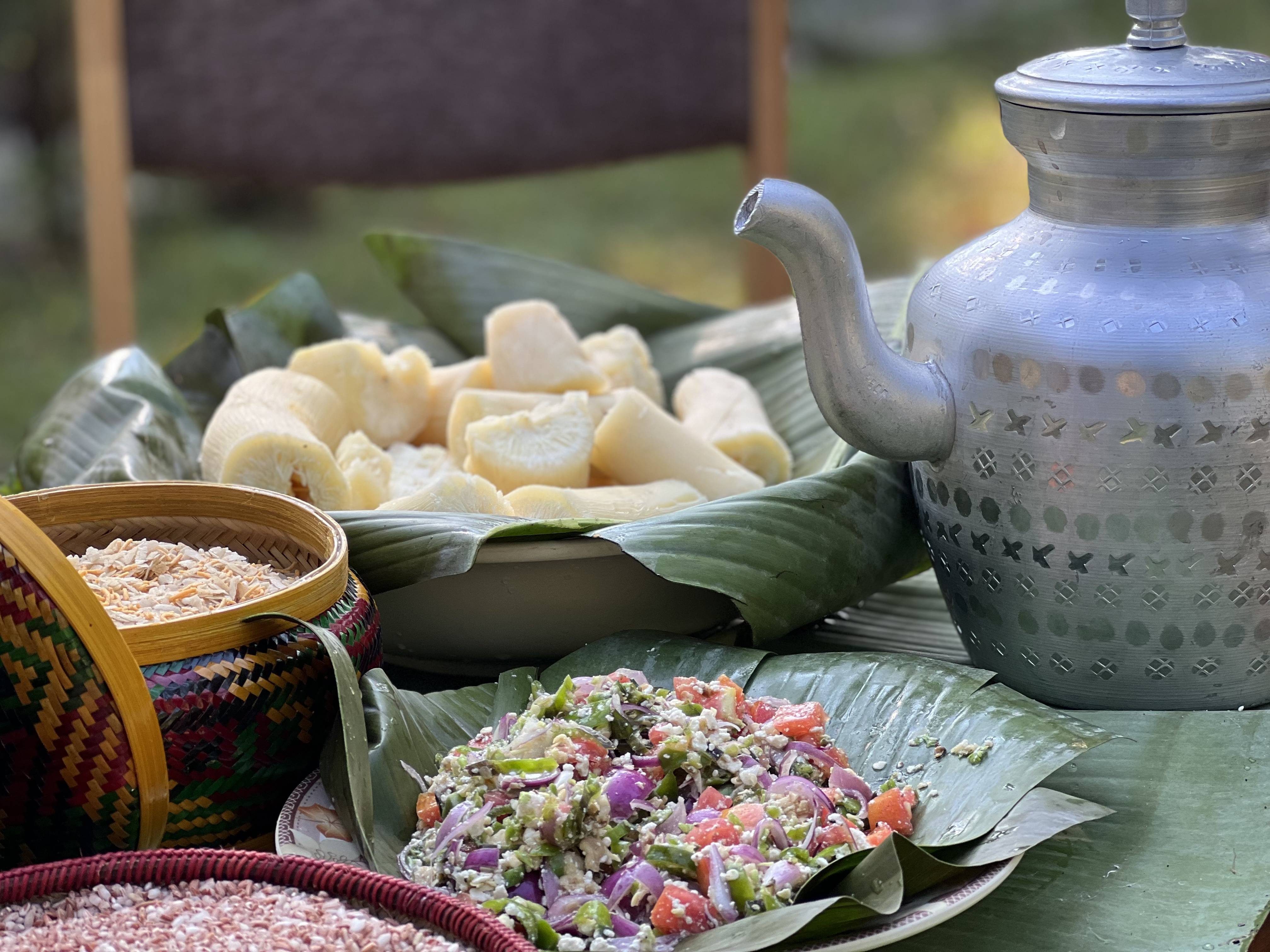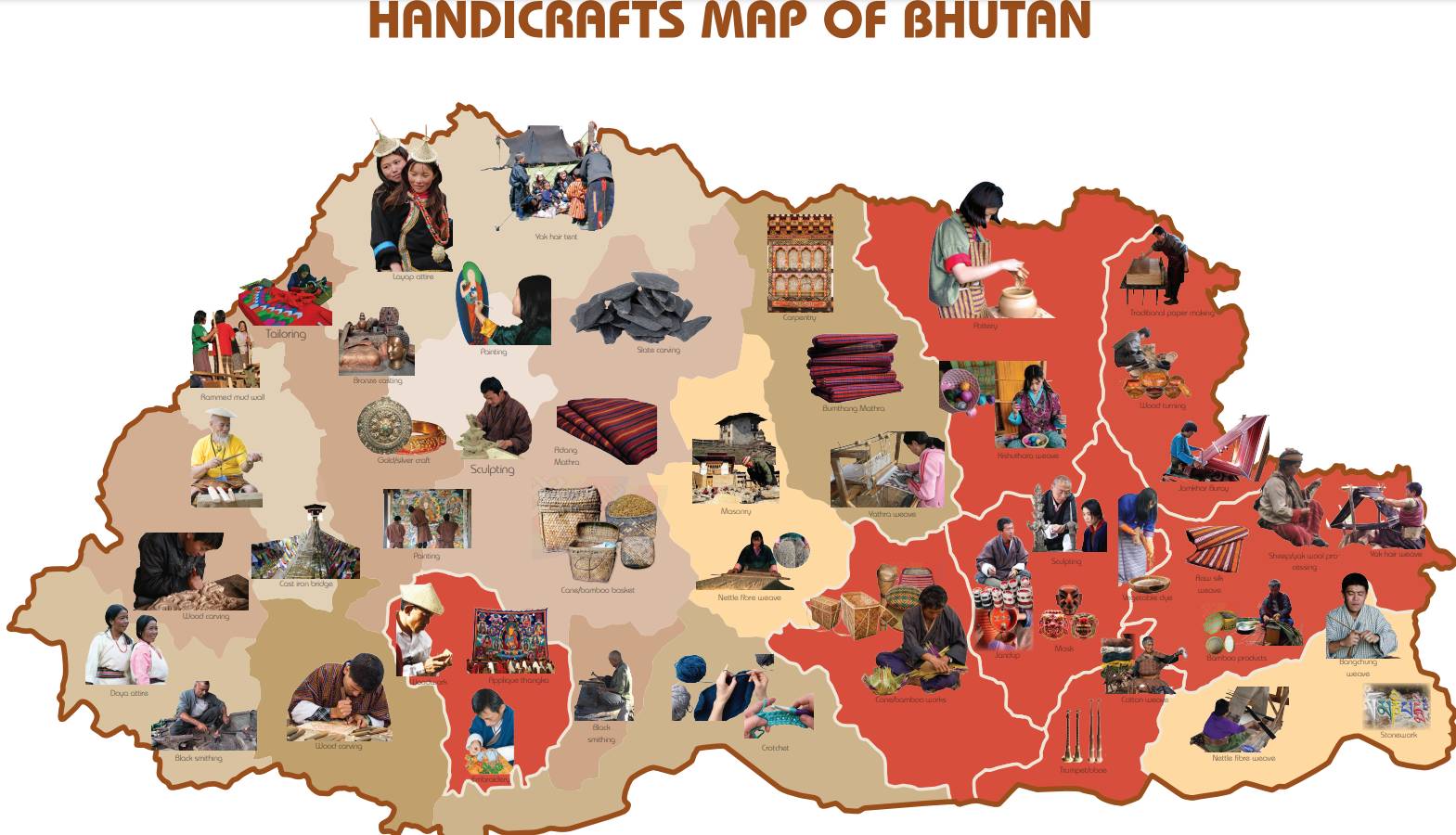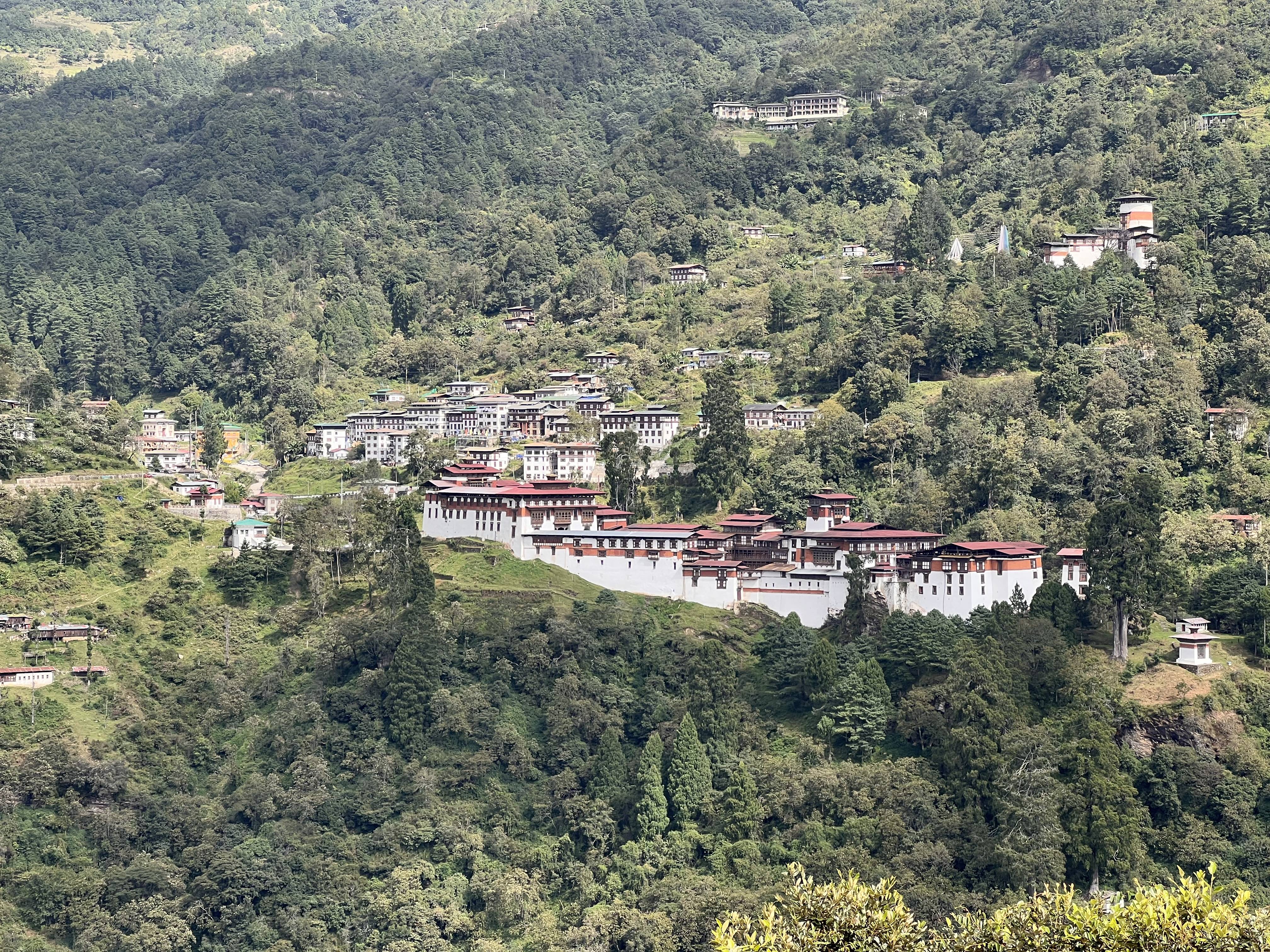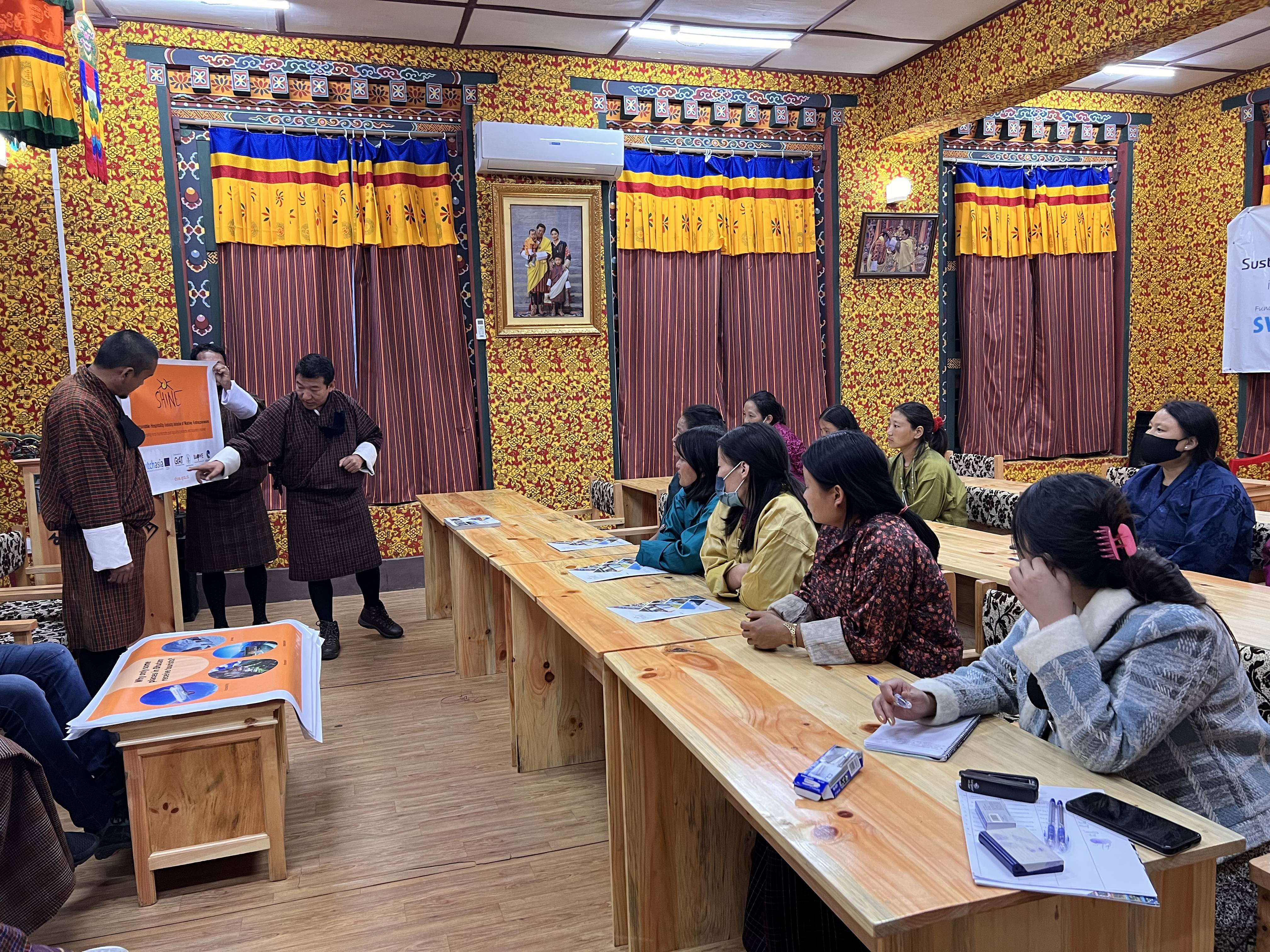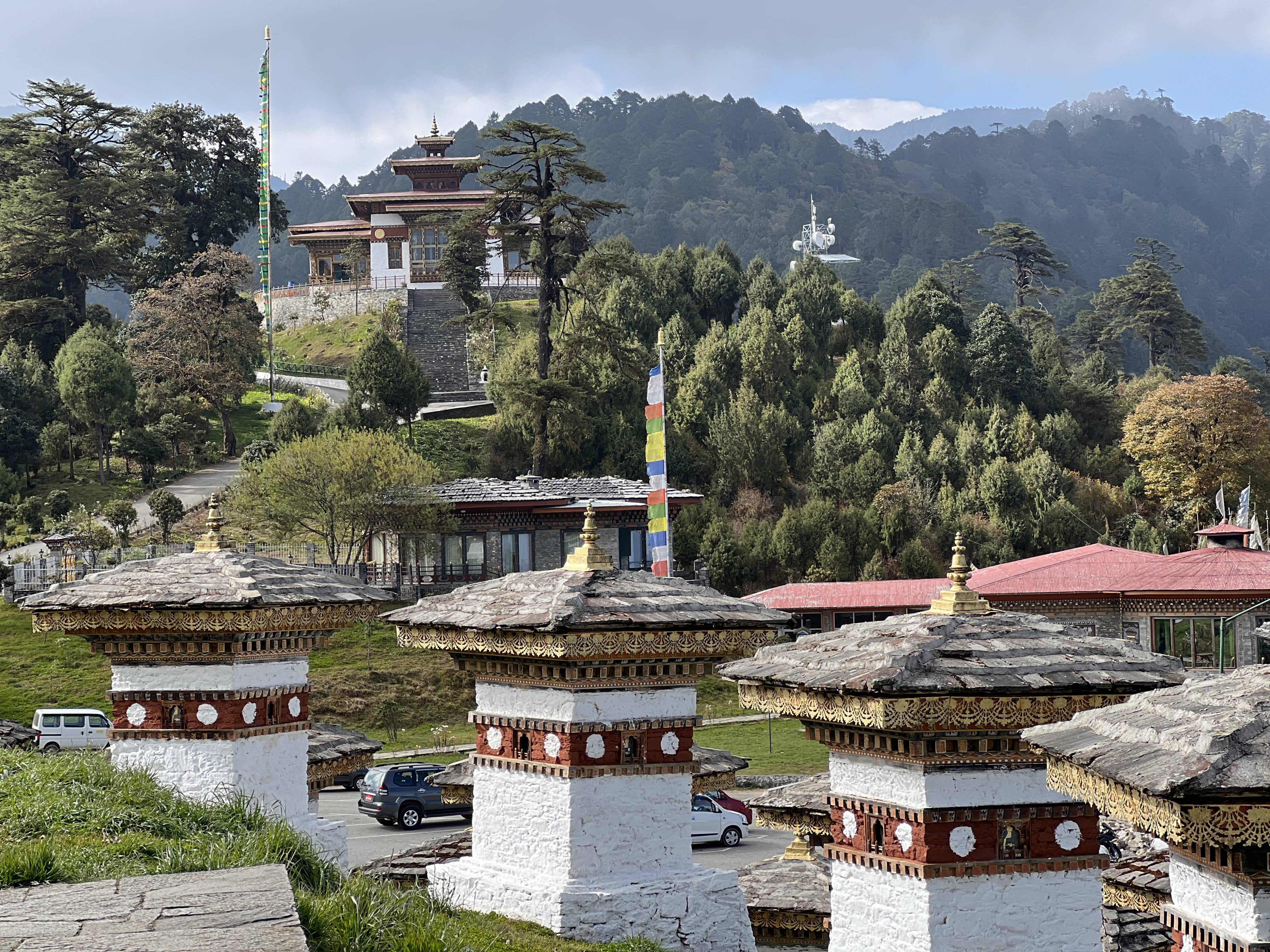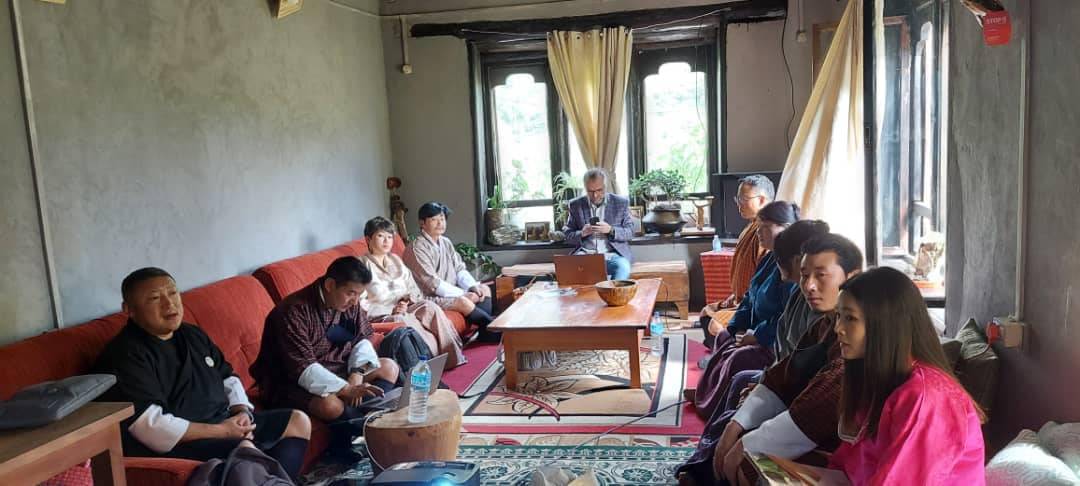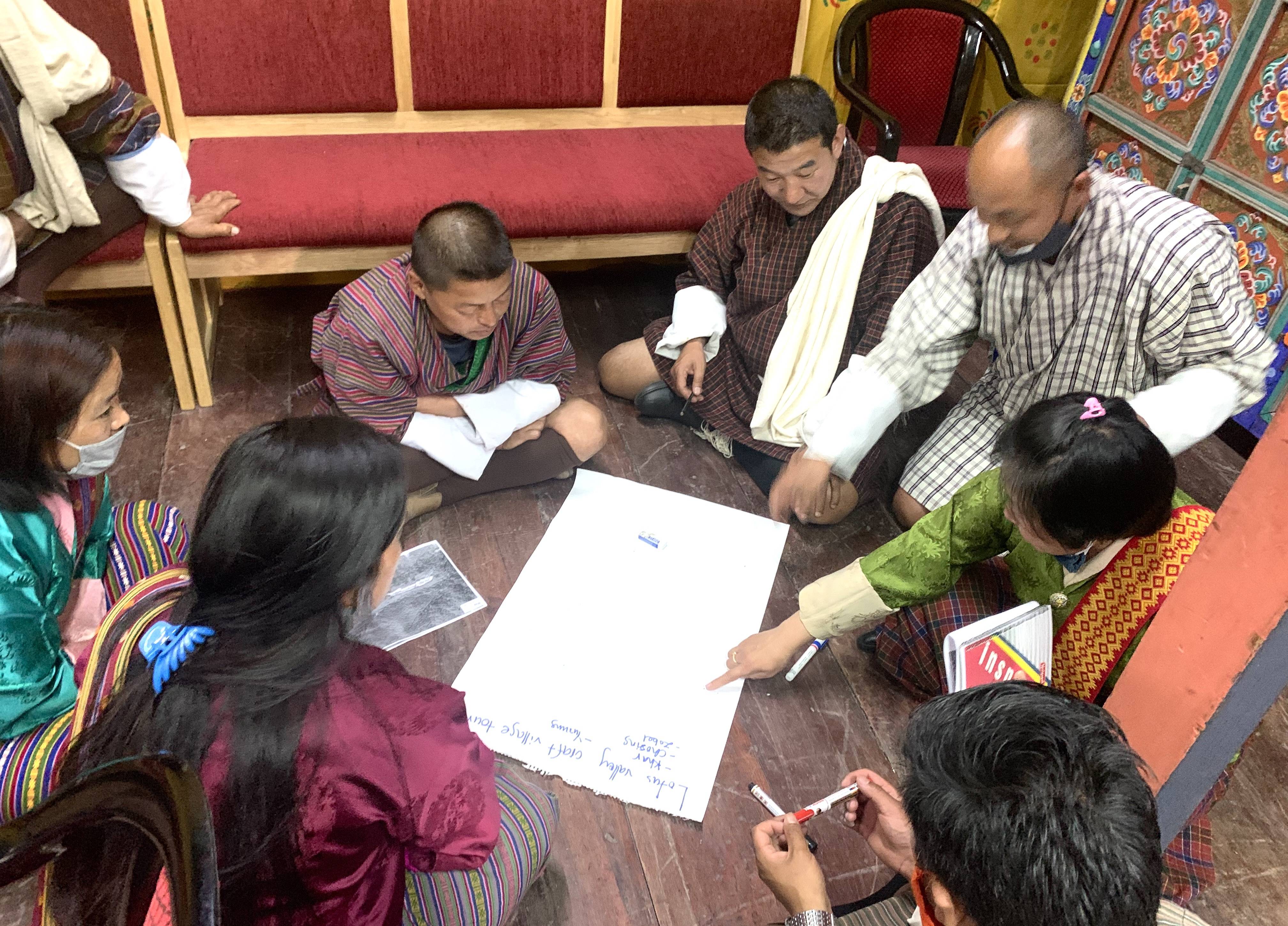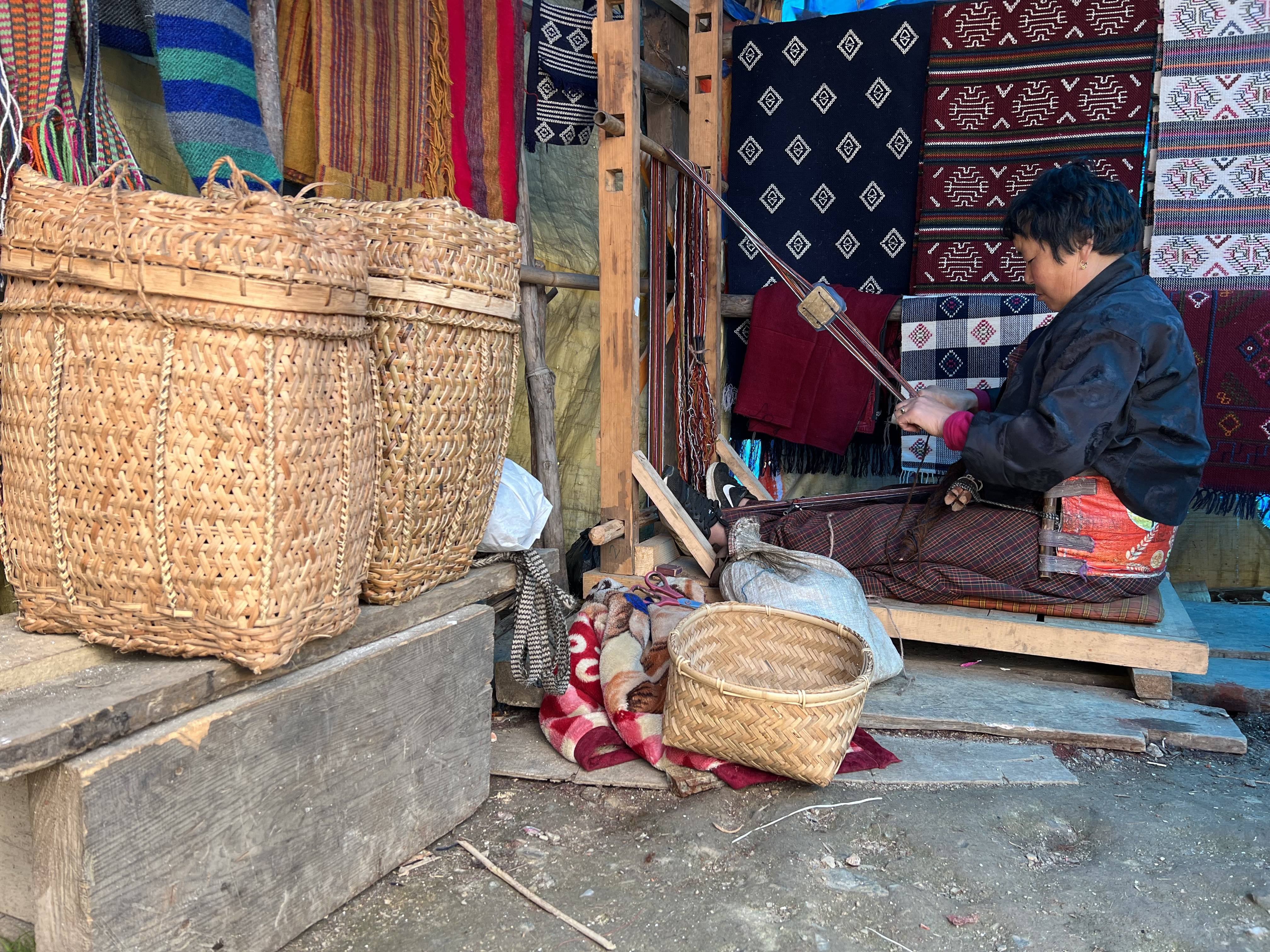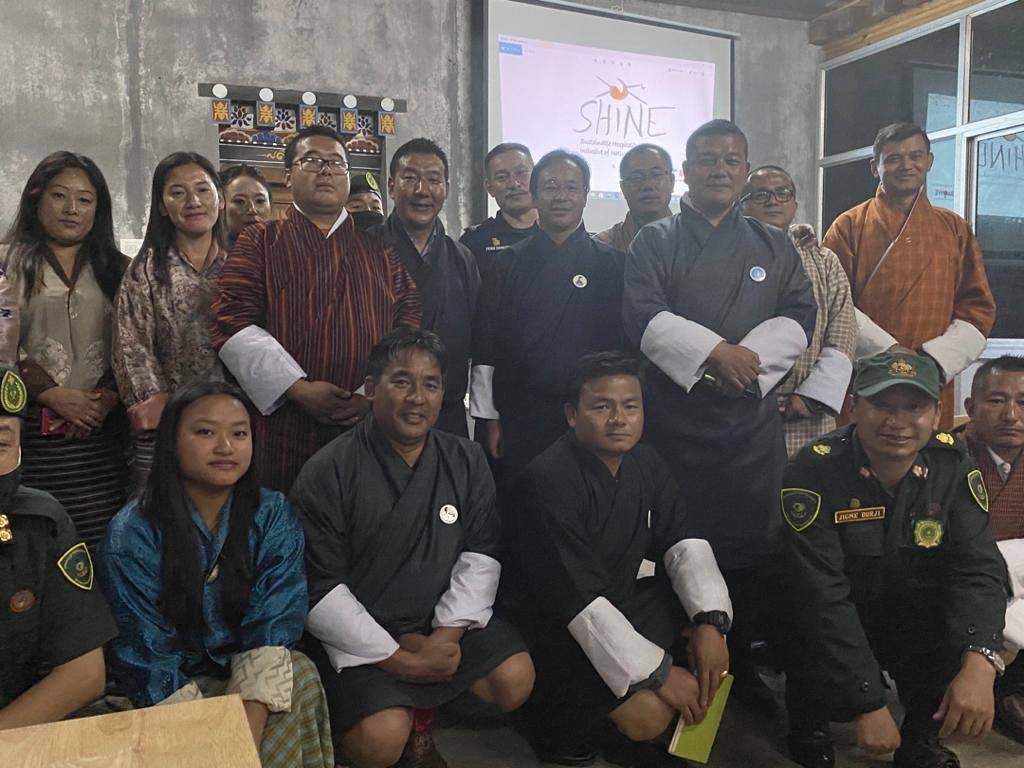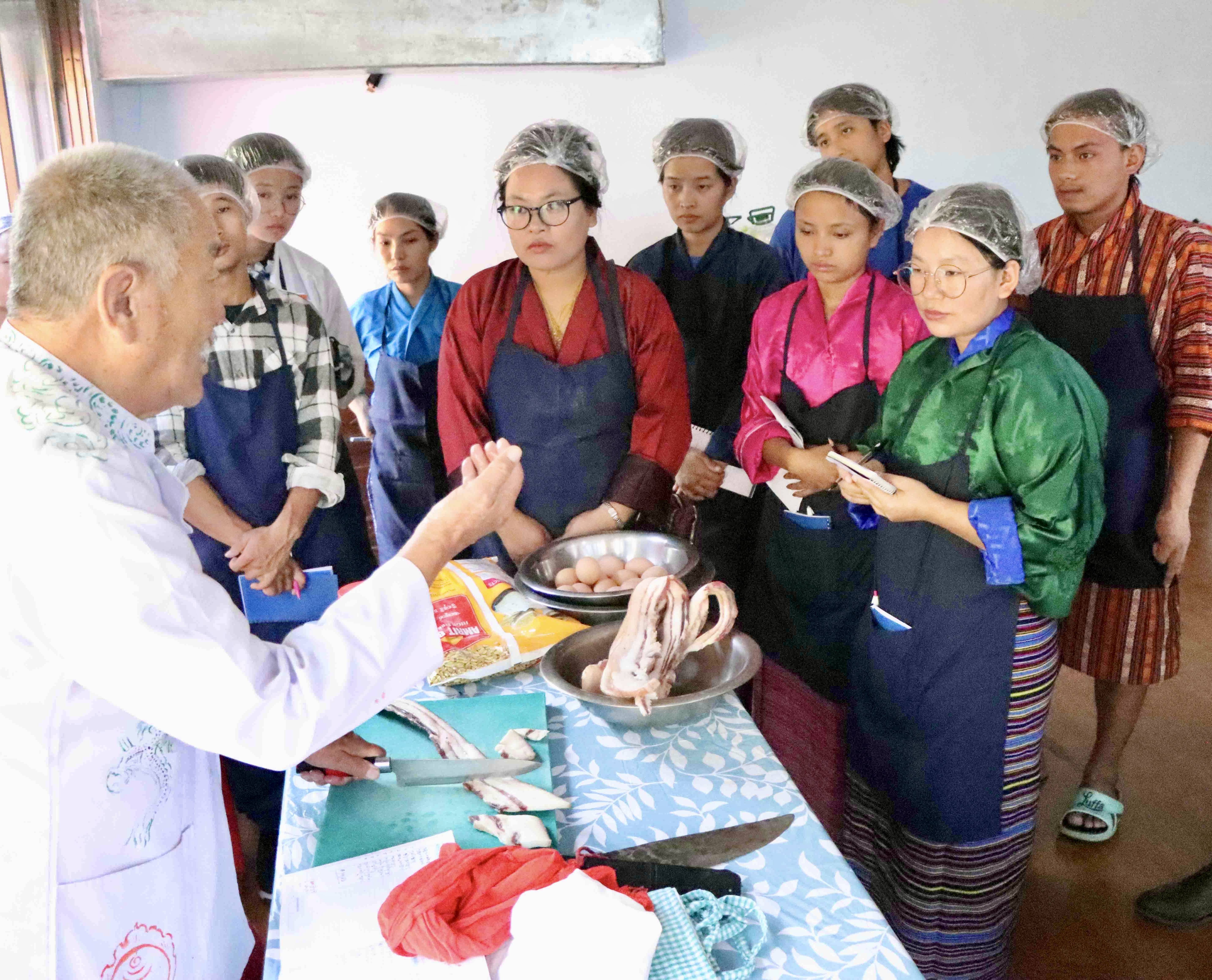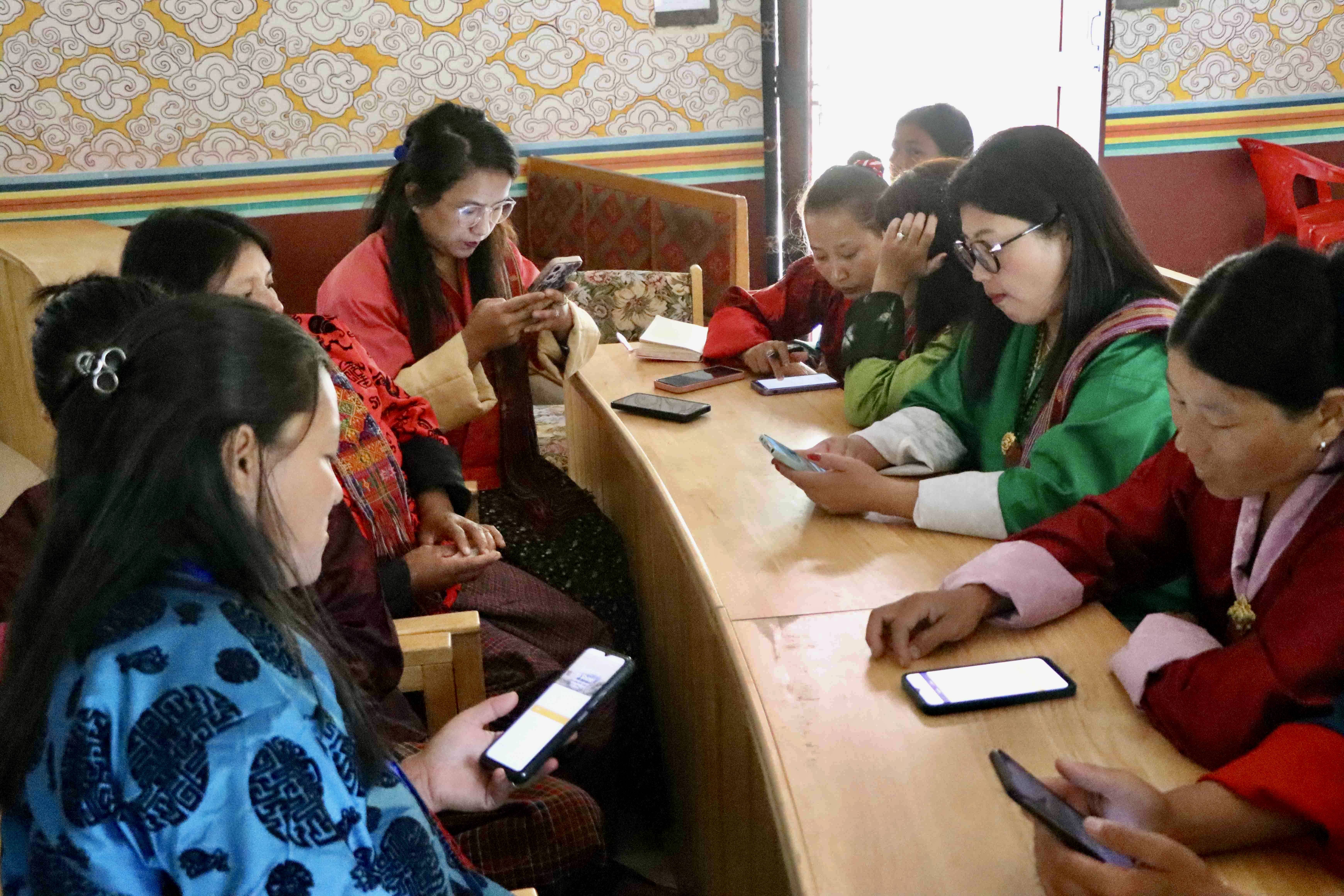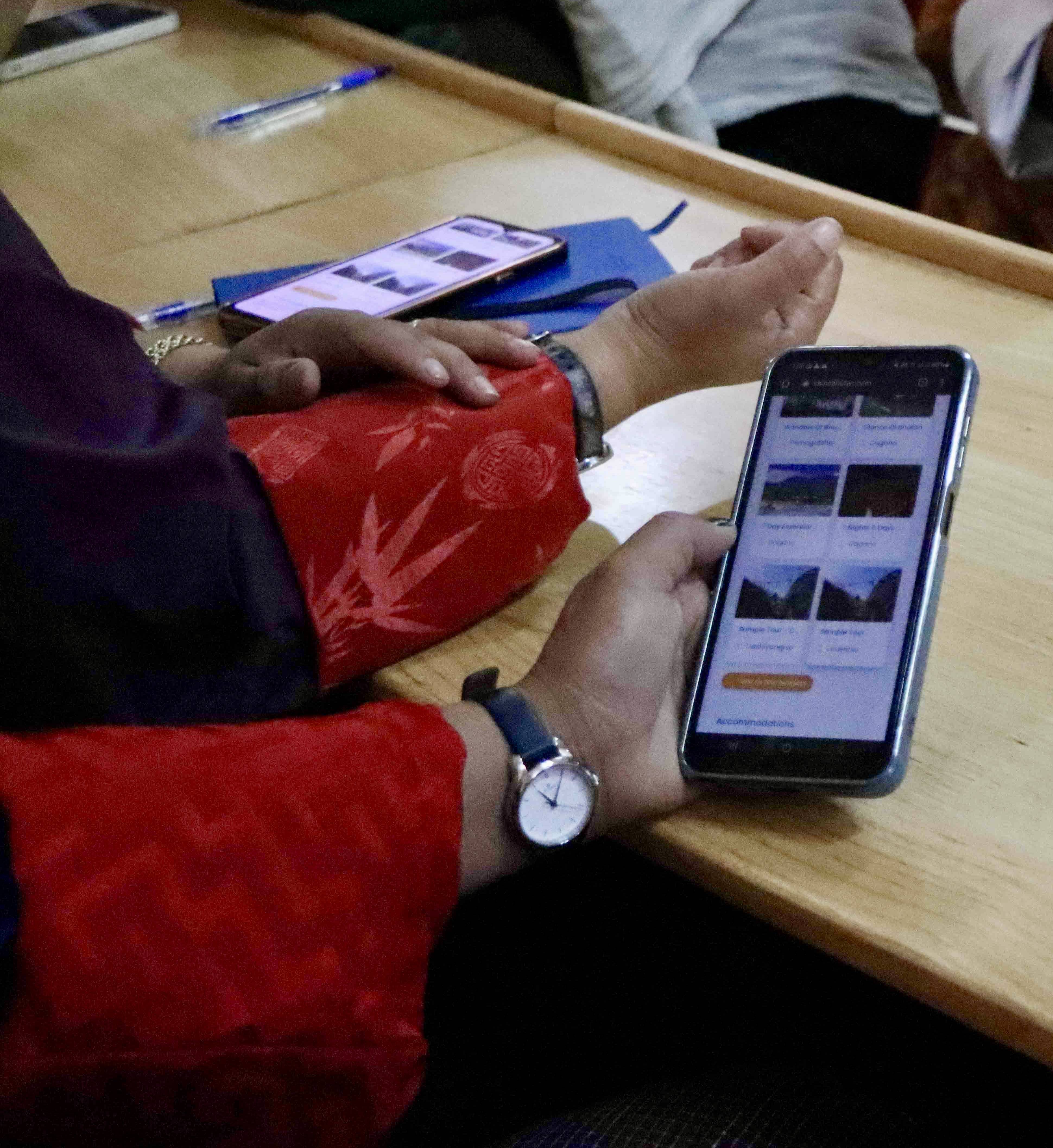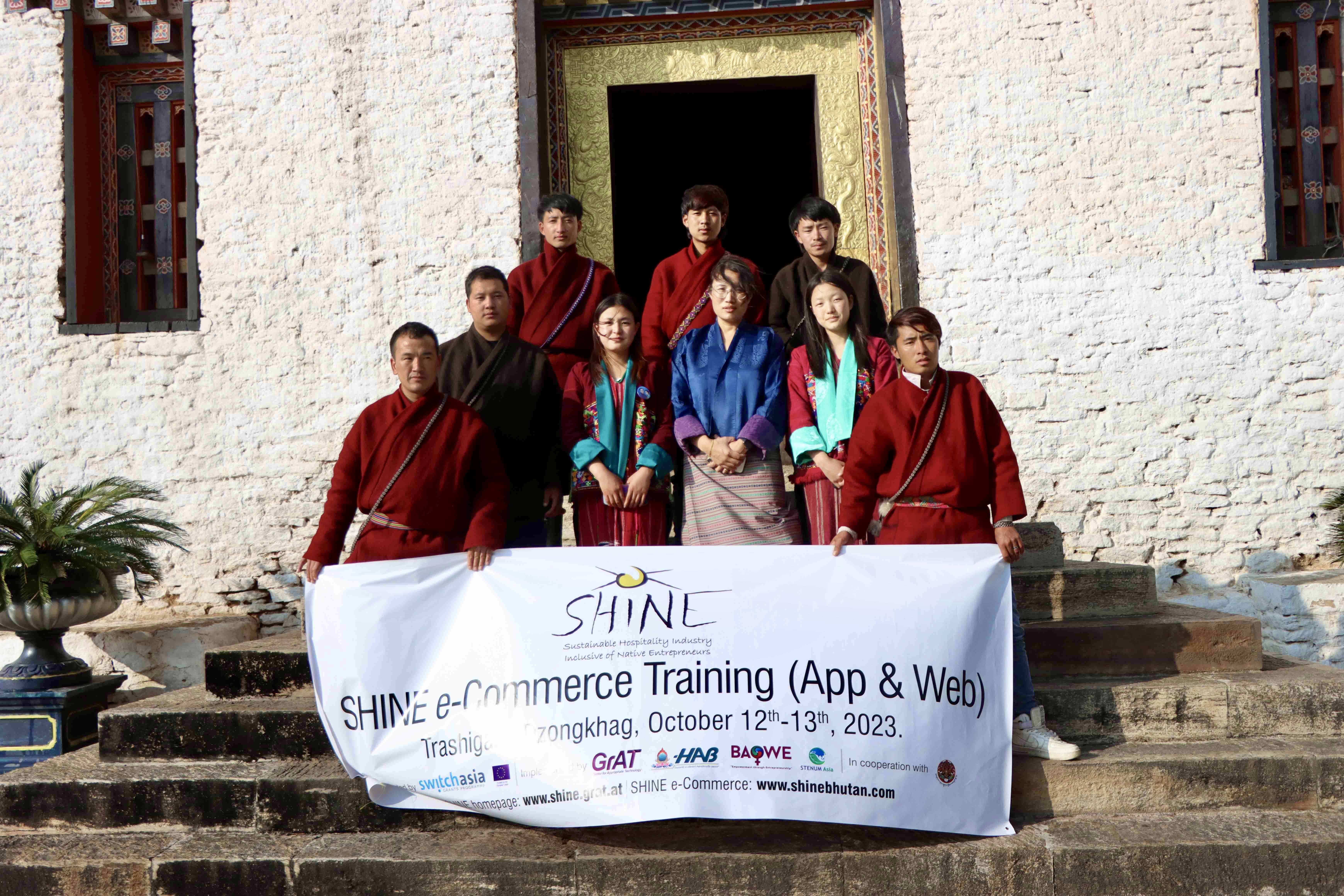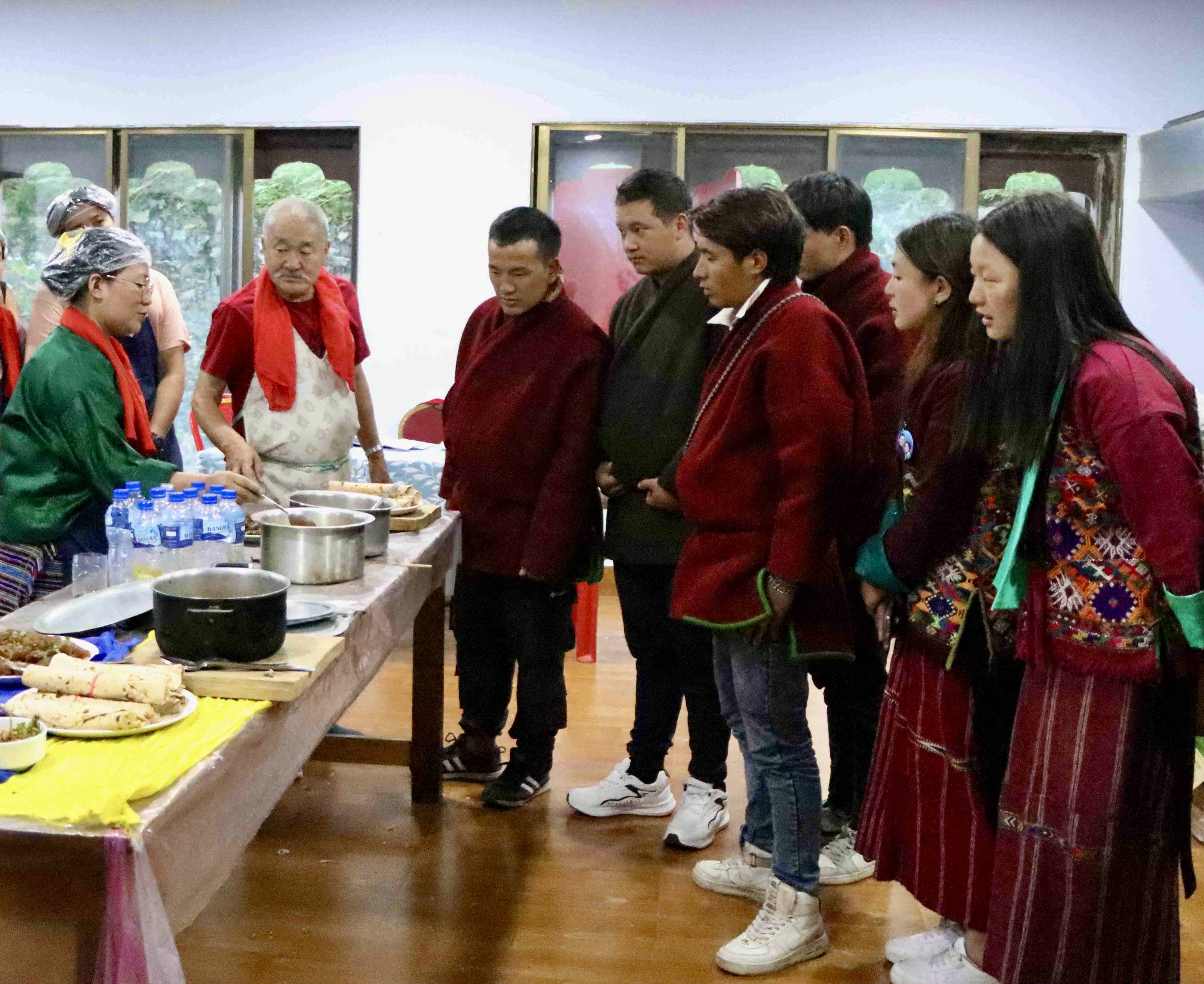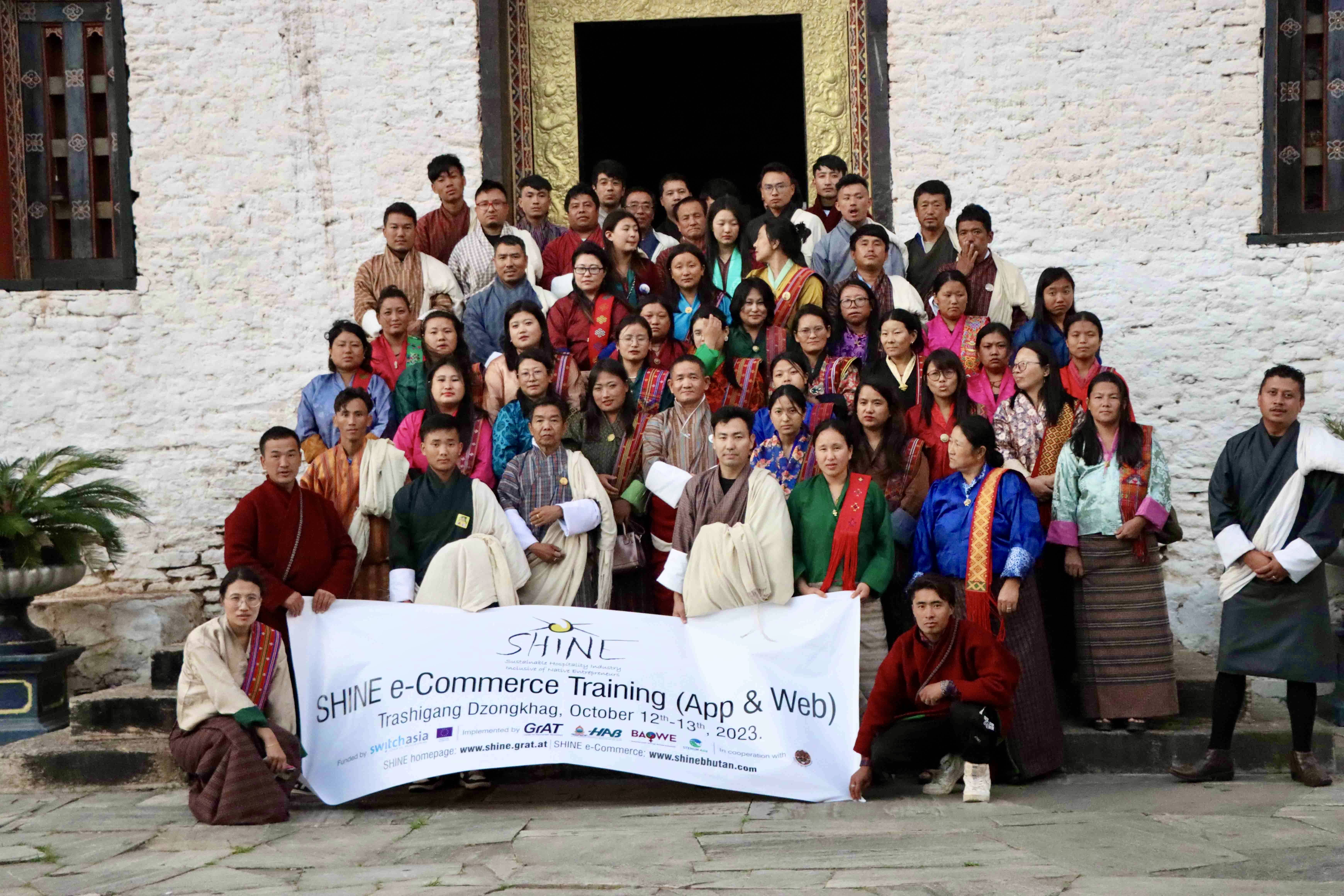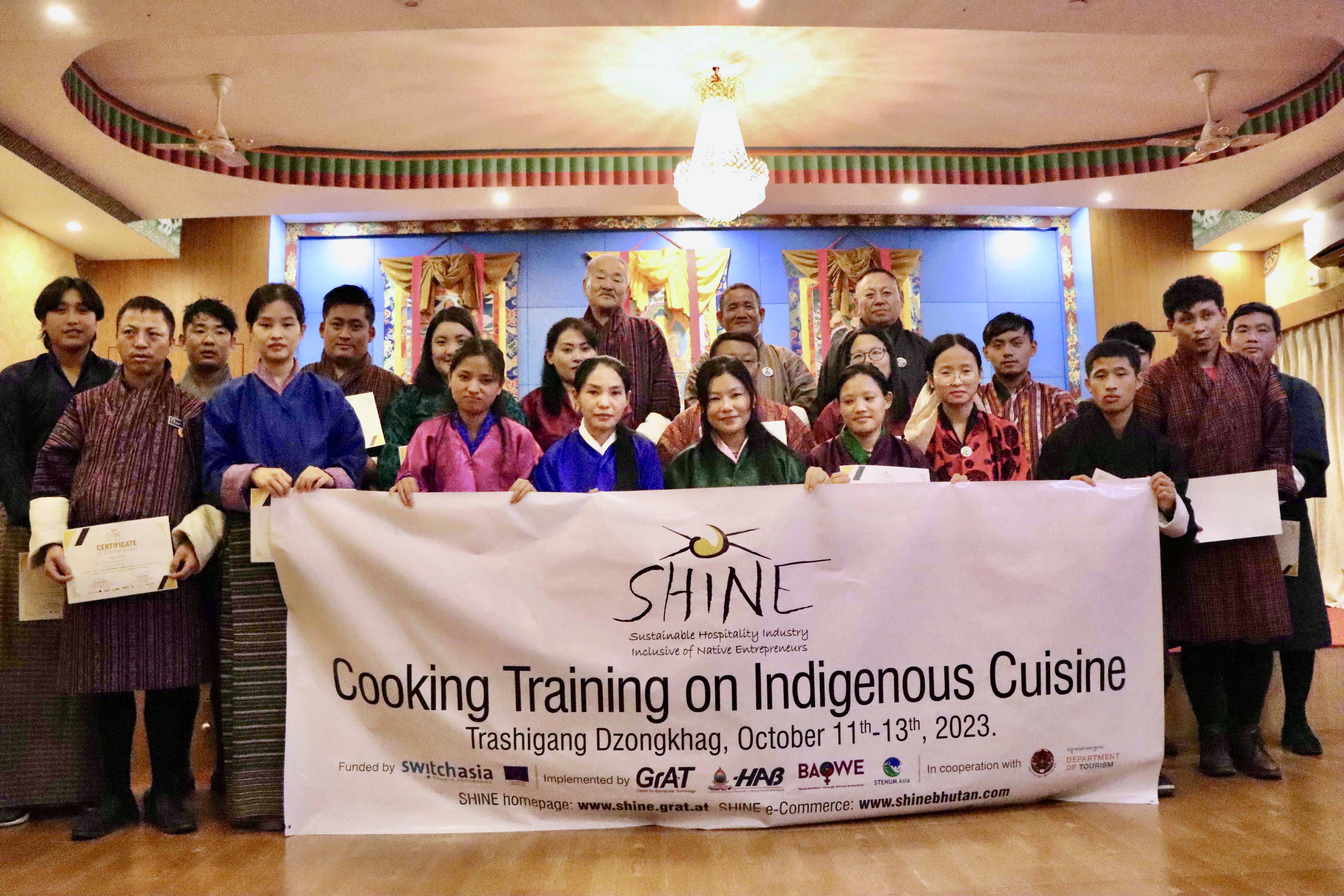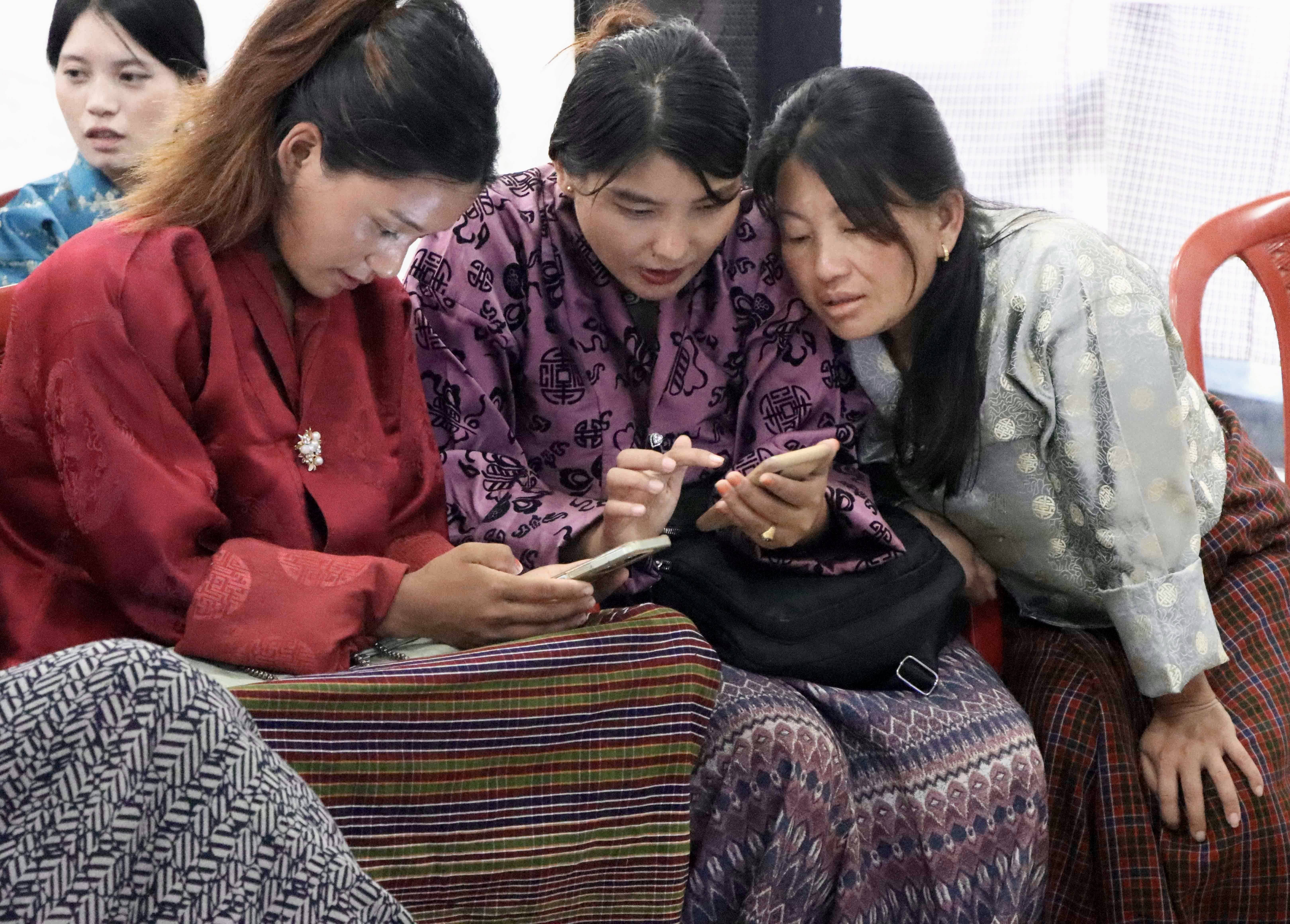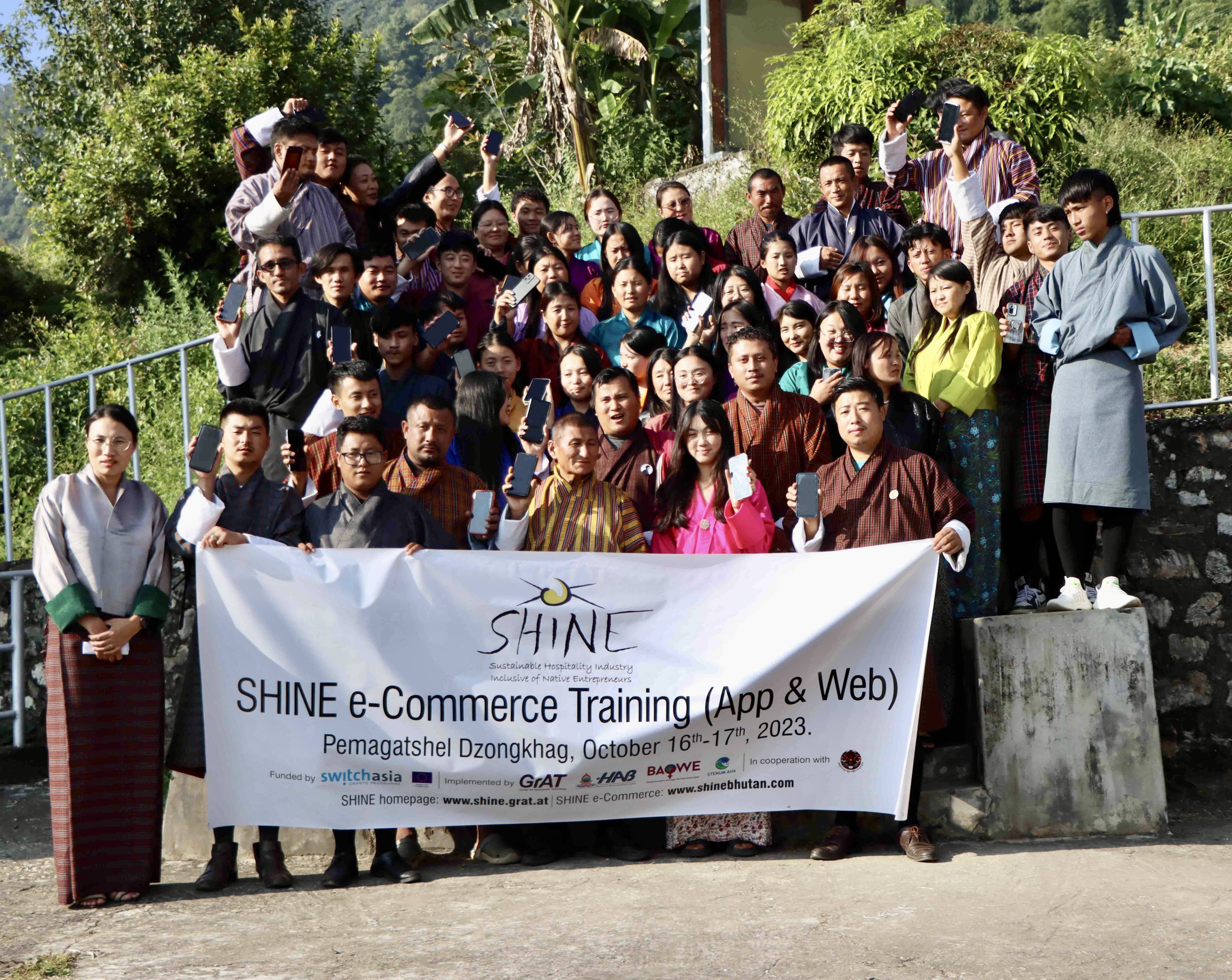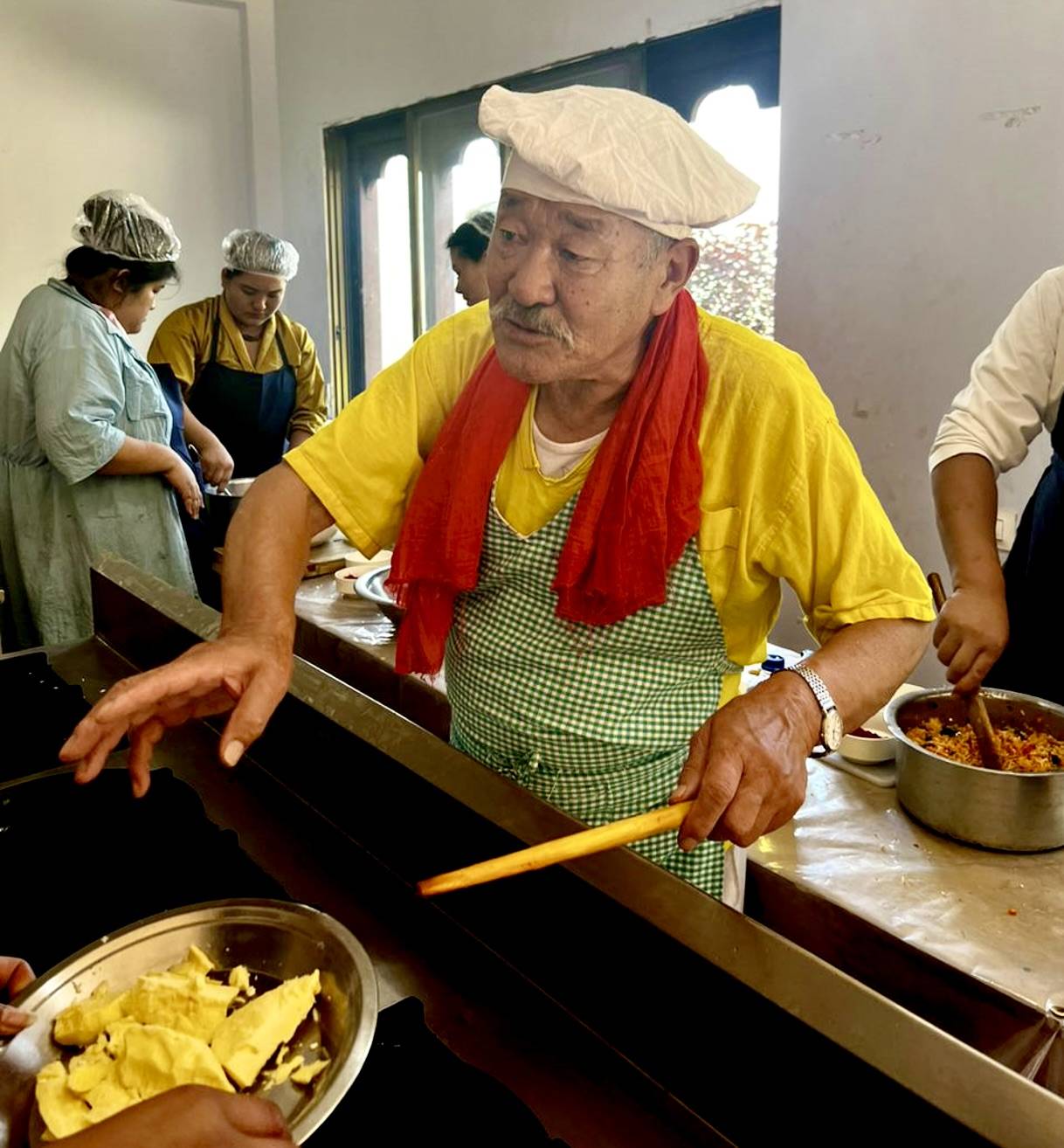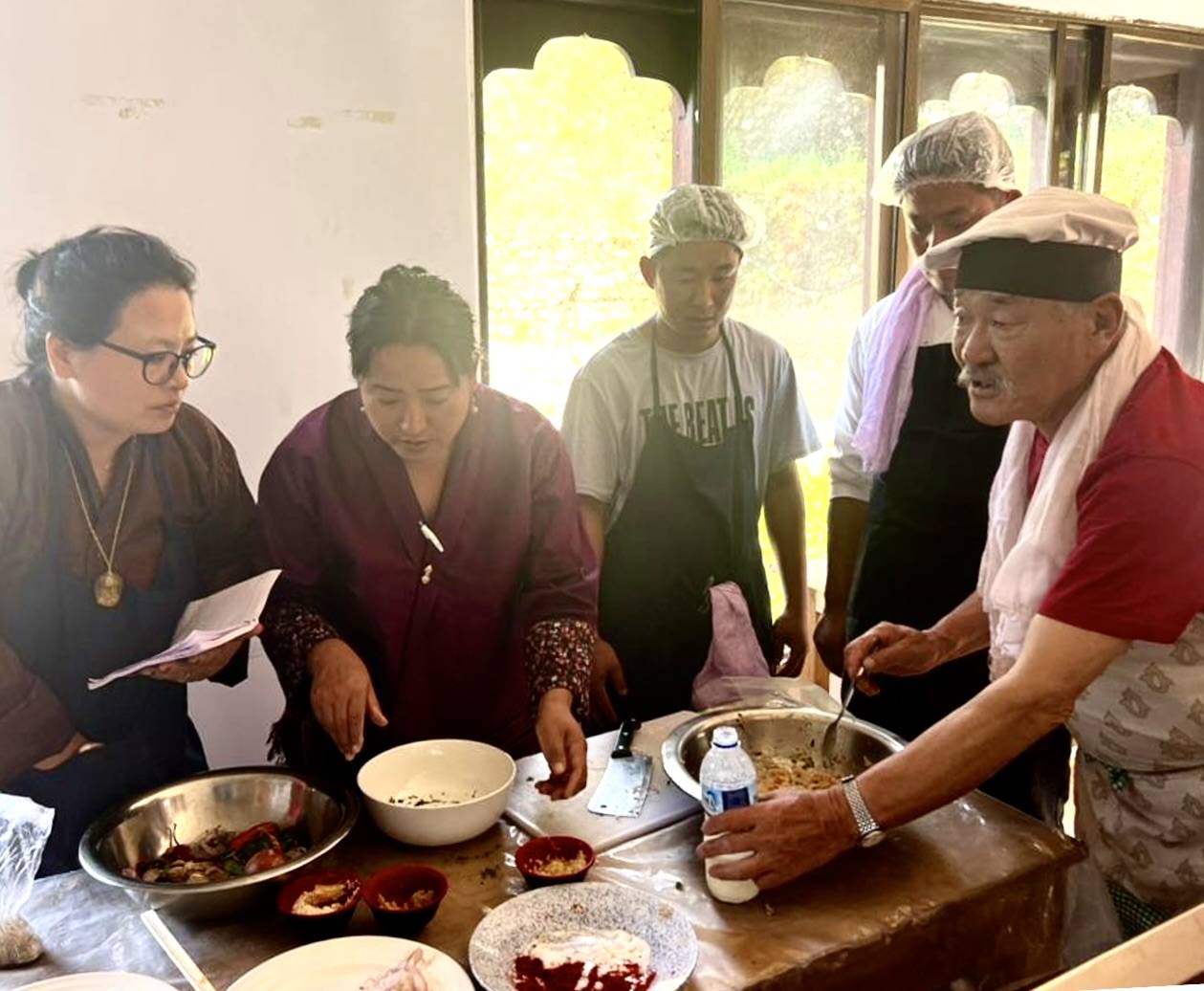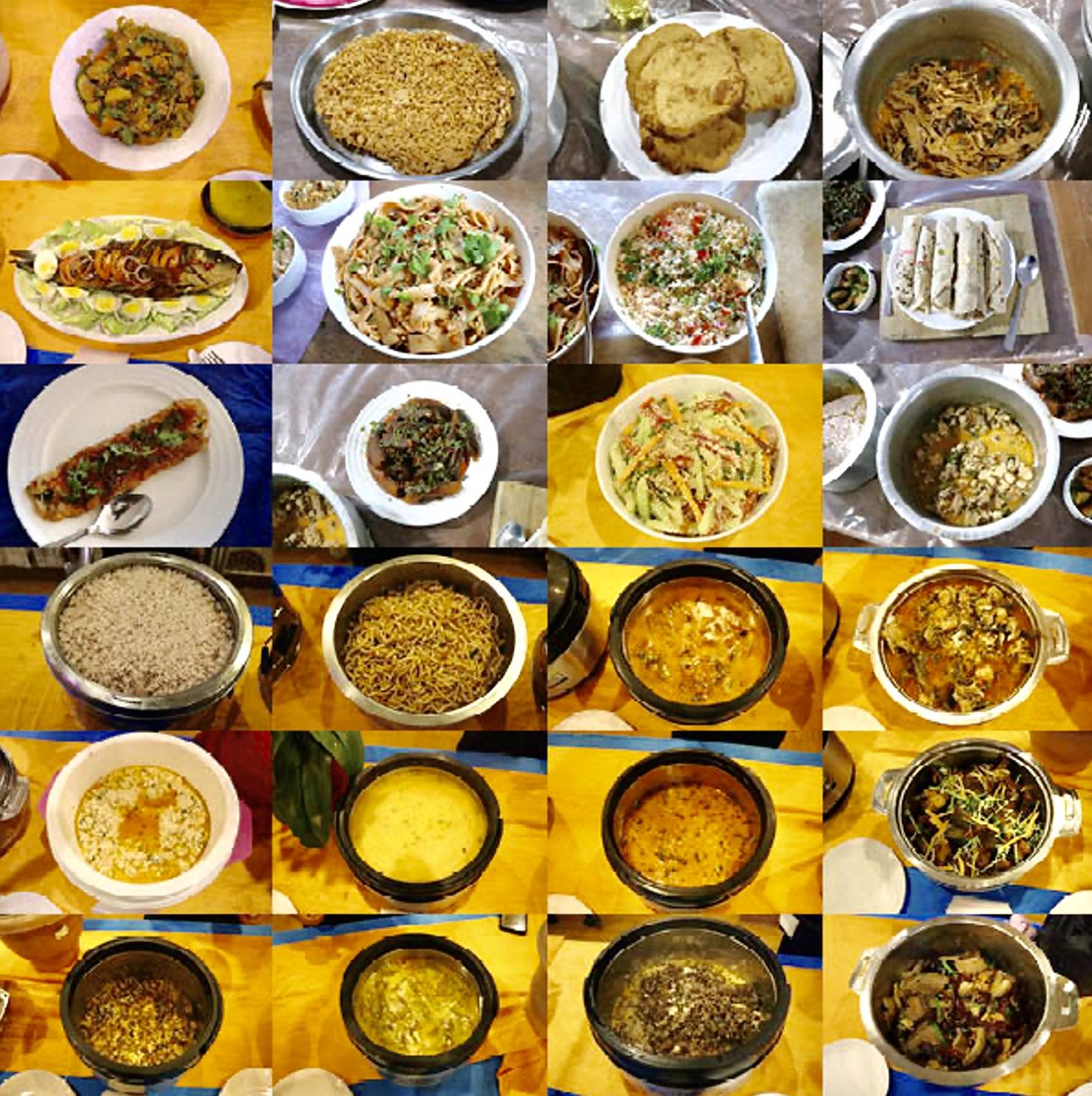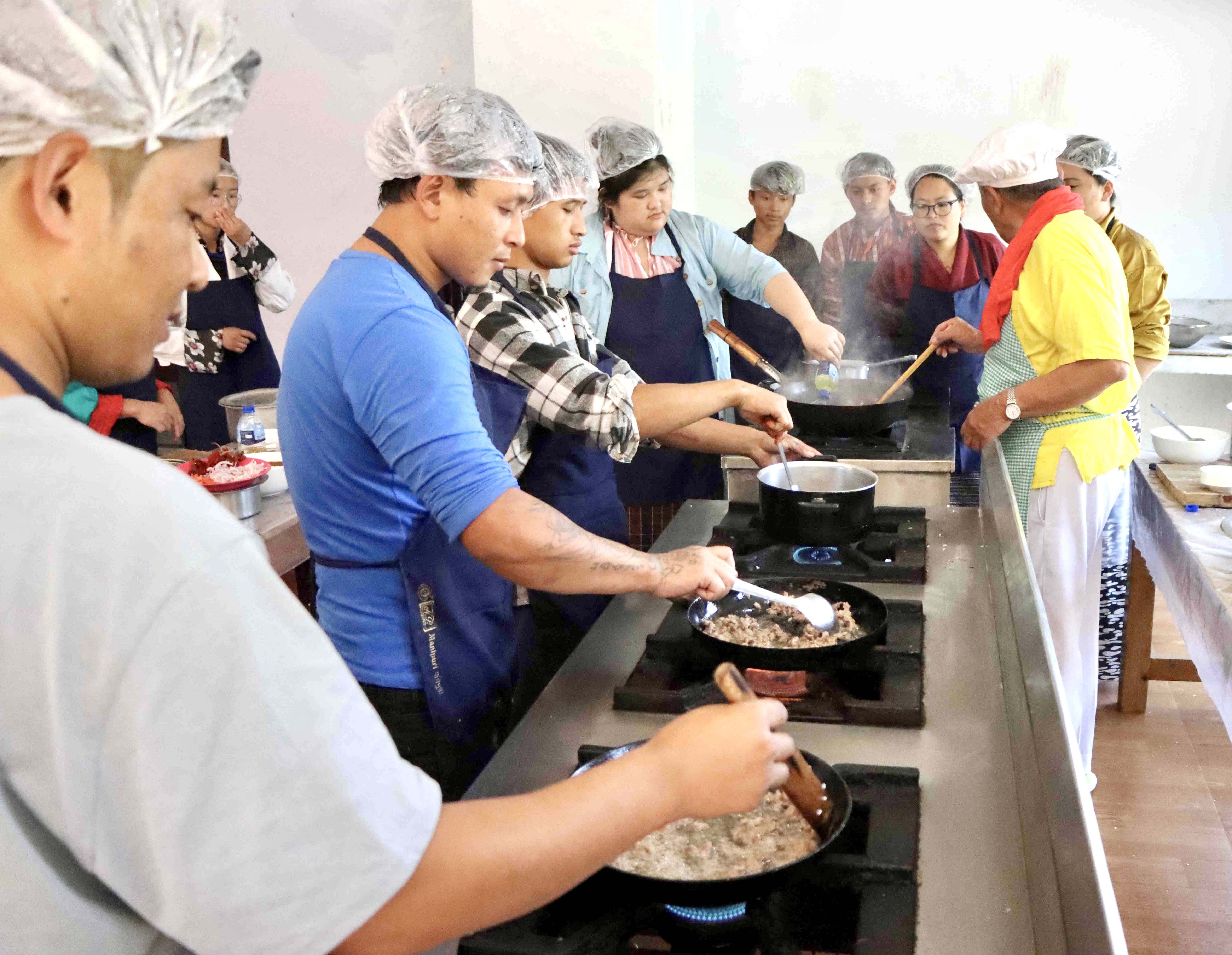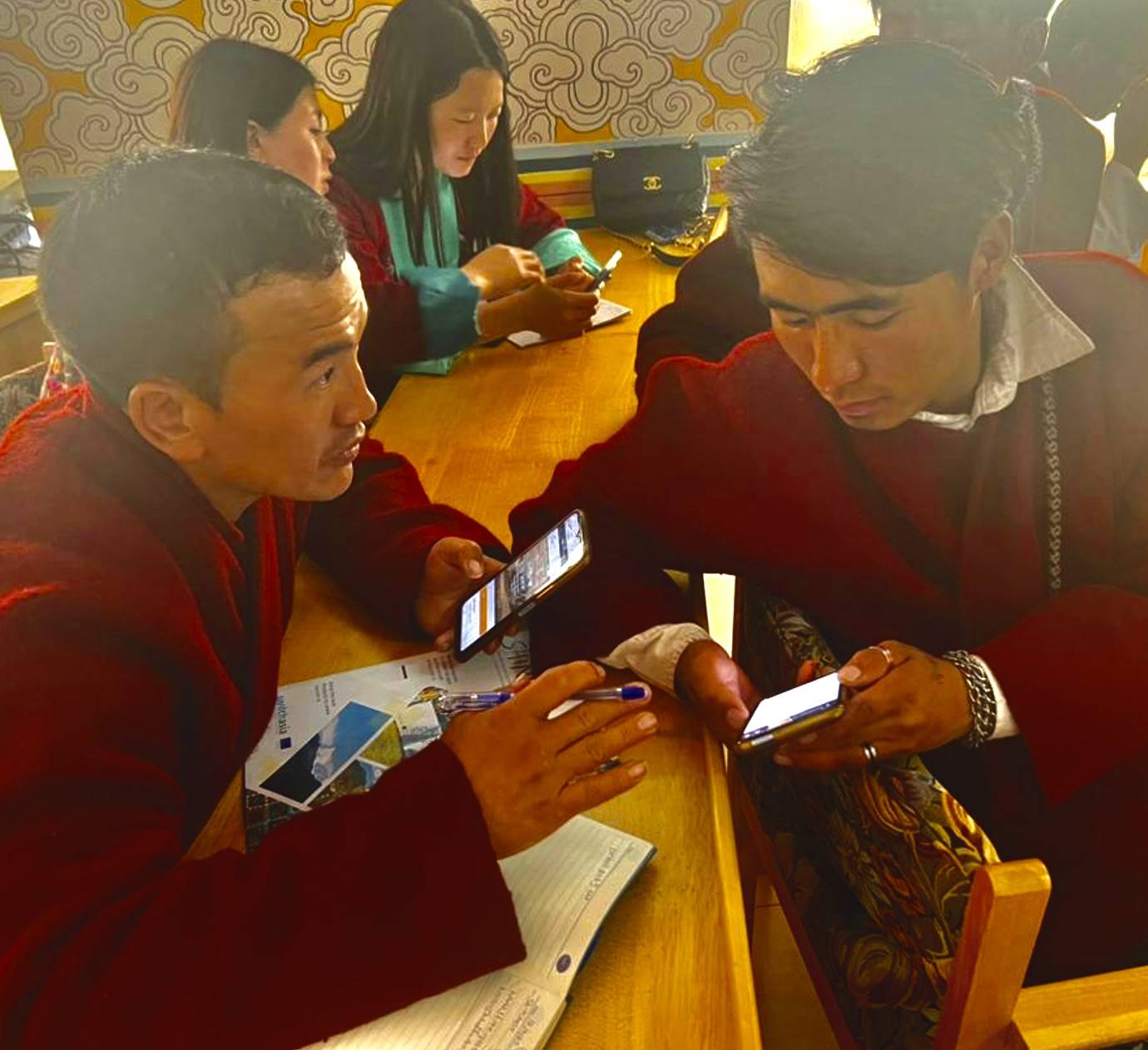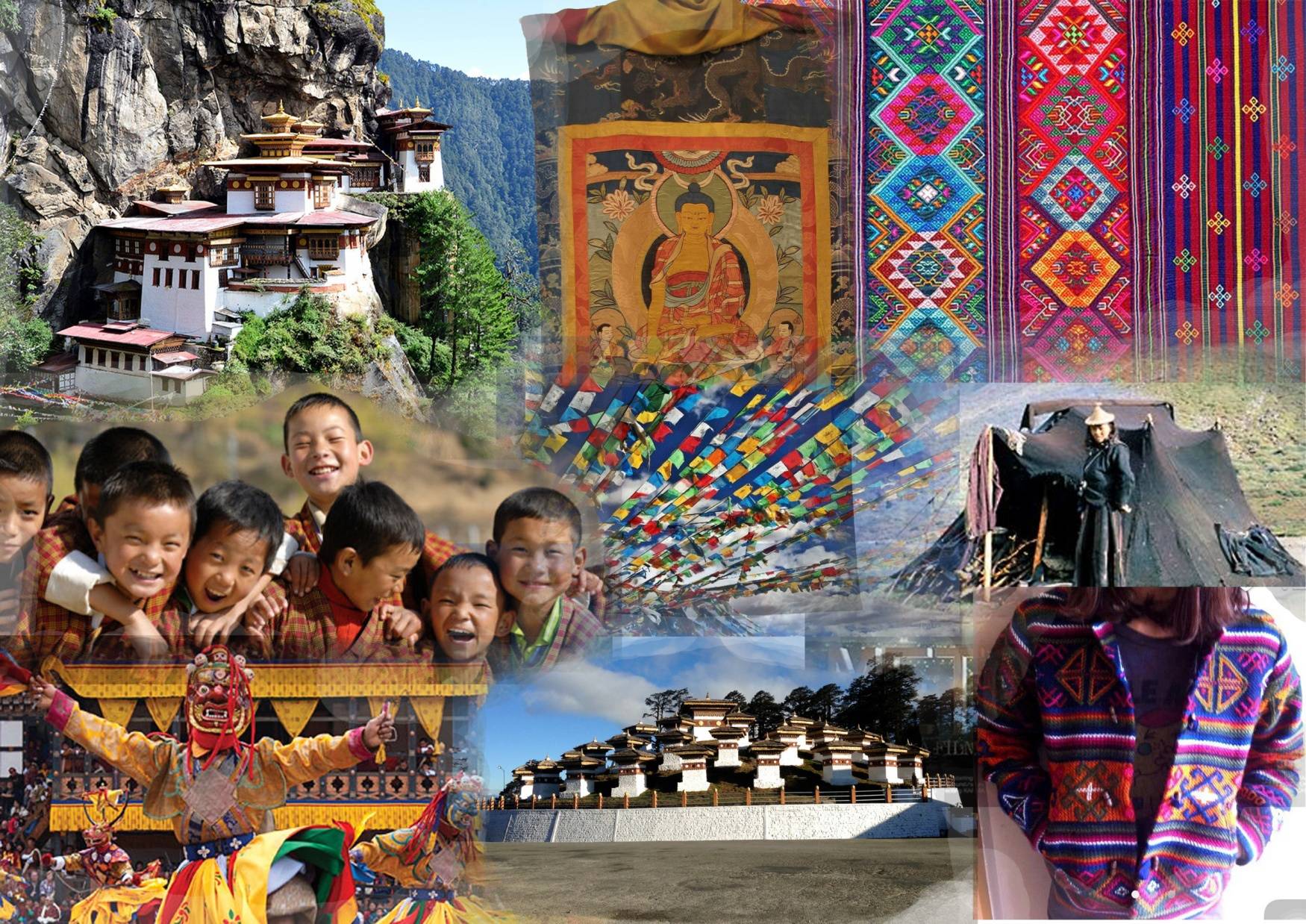
The Challenge
Bhutan has a thriving tourism industry with a significant increase in arrivals. The tourism sector is one of the largest employers and second highest revenue contributor in the country. However, the tourism activities and income are largely concentrated in the three most popular destinations in the west. Thimphu, Paro and Punakha held more than 75% of the total visits, while the six eastern provinces - Lhuentse, Monggar, Pemagatshel, Samdrup Jongkhar, Trashigang and Trashi Yangtse – altogether received less than 4% of the tourist in 2018. While the touristic hotspots become overcrowded and reach their carrying capacity, rural districts hardly benefit from the tourism income. The tourism industry heavily relies on imported resources to meet the overwhelming guest demands, whereas poverty in rural areas remains almost 10 times higher compared to urban areas. Young workers leave their home to find jobs in Thimphu, Paro and Phuentsholing, thus labour shortage in the hinterland occurs and many suffer from social dislocation and lack of belongingness. Livelihood of people in rural areas is mostly dependent on subsistence agriculture, and irresponsible harvesting of timber and non-wood forest products (NWFP) partially leads to overexploitation of natural resources. These informal groups/producers need to be brought into the tourism value chain and the MSMEs need support to enhance the production capacity and service quality. The substantial potential for tourism in the east and the south regions - exceptional landscapes, unique natural assets, rich cultural heritage and a diversity of ethnic minorities - is yet to be explored.
The Objectives
The action focuses on mitigating the imbalance between the touristic hotspots and the marginalized rural districts, by supporting the producers of agro-products and handicrafts as well as homestays to make use of their unique environmental, cultural and ethnic properties and stories to create added values for the visitors, who seek for authentic experiences in Bhutan. The action provides the beneficiary groups with technical assistance and support for innovation - better design, higher quality, Appropriate Technology, energy efficiency, eco-friendly materials, re-discovery of traditional knowledge and skills, waste management, etc. Tourism products and services will be diversified and quality will improve. The action also facilitates direct supply of food products and souvenirs from the east to the west, in order to increase and sustain the resilience of the tourism industry.
The project develops inclusive and sustainable tourism models especially in the marginalized eastern/southern part of Bhutan, by engaging native self-help groups in the supply chain of goods and services for the growing tourism industry in the west and by showcasing region-/community-based ecological tourism models. Thereby the action contributes to a low-carbon, resource-efficient and circular economy, and to generating income opportunities for the rural communities and MSMEs.
The Way Forward
- Rural tourism products are diversified and visitors to the rural areas of Bhutan increased;
- Uptake of local food products and indigenous handicrafts in the tourism sector increased;
- Production volume and quality of food and handicrafts improved through efficient resource management, better processing and appropriate technology (AT) solutions;
- 20 new products developed that meet the market demand (handicraft, food products, homestays, tourism packages);
- A model village established as a learning center for SCP practices;
- Replication of best practices through finance programs and policy dialogue, ensuring sustainability of the results.
Relation to European Green Deal, Circular Economy and Climate Change
The project simultaneously addresses sustainable tourism, energy efficiency and waste management, three national priority sectors in Bhutan. The envisioned cooperation between the tourism and the agro sector will lead to a more ecologically sound and authentic tourism model that can create jobs and business opportunities for the rural population. Experience-based tourism products not only serve the interest of tourists but also boost the livelihood of local community members, especially vulnerable groups. Conservation of natural resources and cultural knowledge and skills will be prioritized in the process of tourism model development, to minimize the environmental impact of tourism.
Duration:
2020-2024Total Budget:
EUR 2.075.965 (EU Contribution: 90%)Contact Detail:
Dr. Robert WIMMER
Lead Project/Technical Manager
GrAT (Center for Appropriate Technology) TU Wien
Email: [email protected]
Tel: +43 1 58801 49523
Wiedner Hauptstrasse 8-10
1040 Vienna AUSTRIA
Lead Partners

Center for Appropriate Technology (GrAT)
Partners
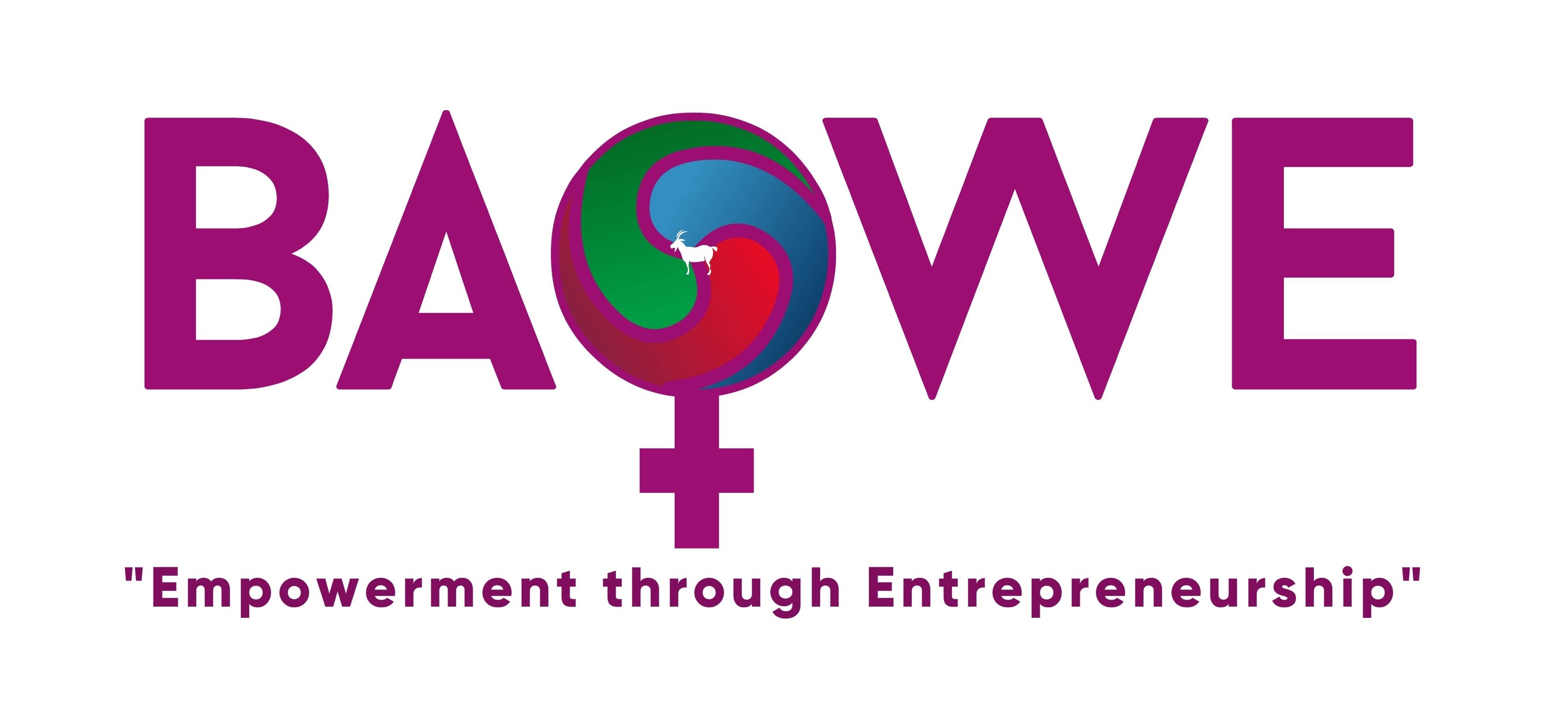
Bhutan Association of Women Entrepreneurs (BAOWE)
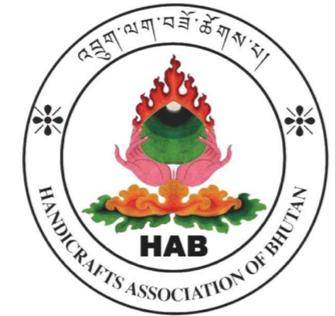
Handicraft Association of Bhutan (HAB)
